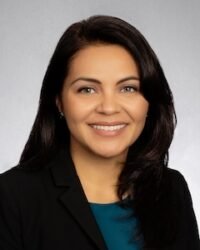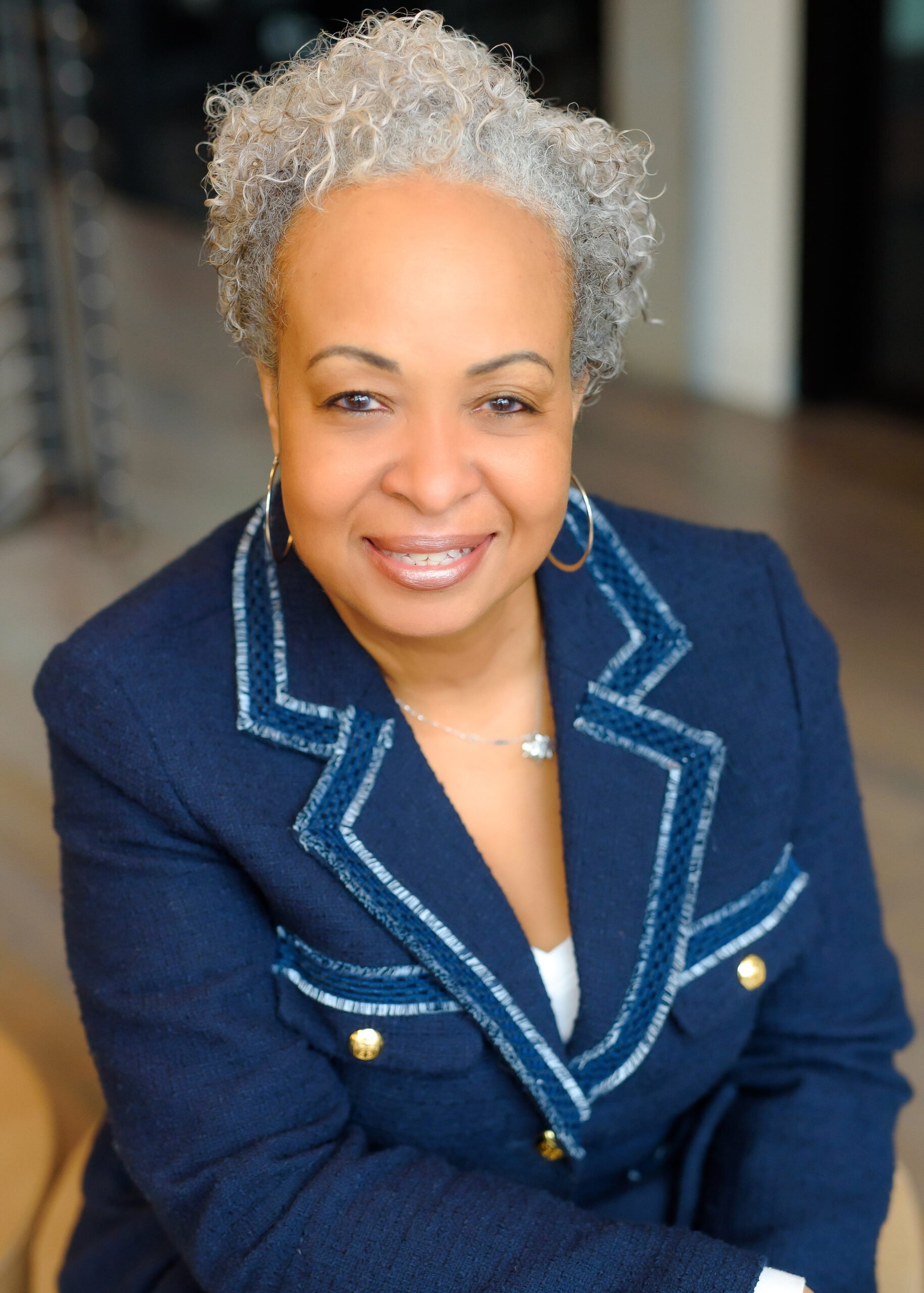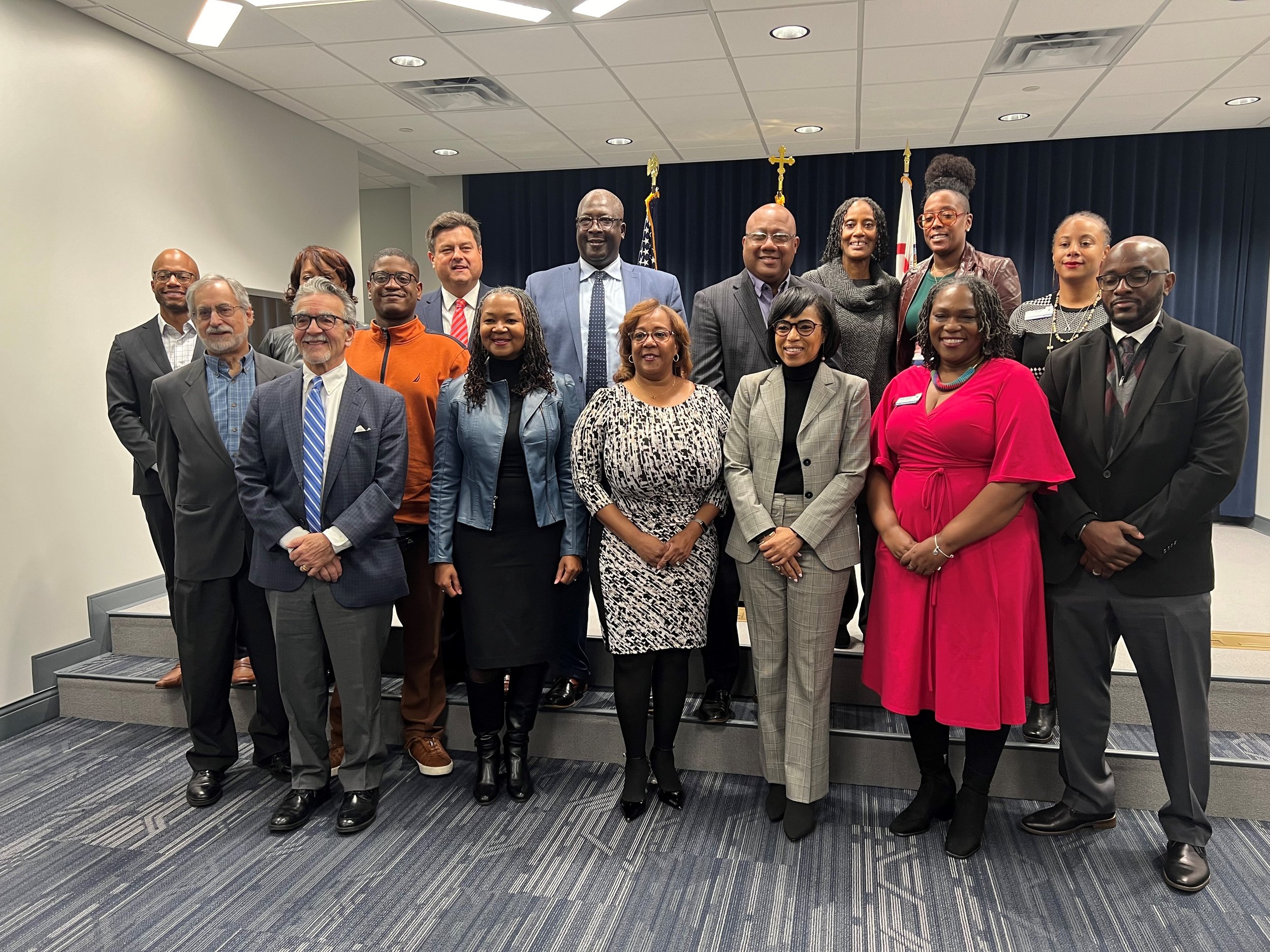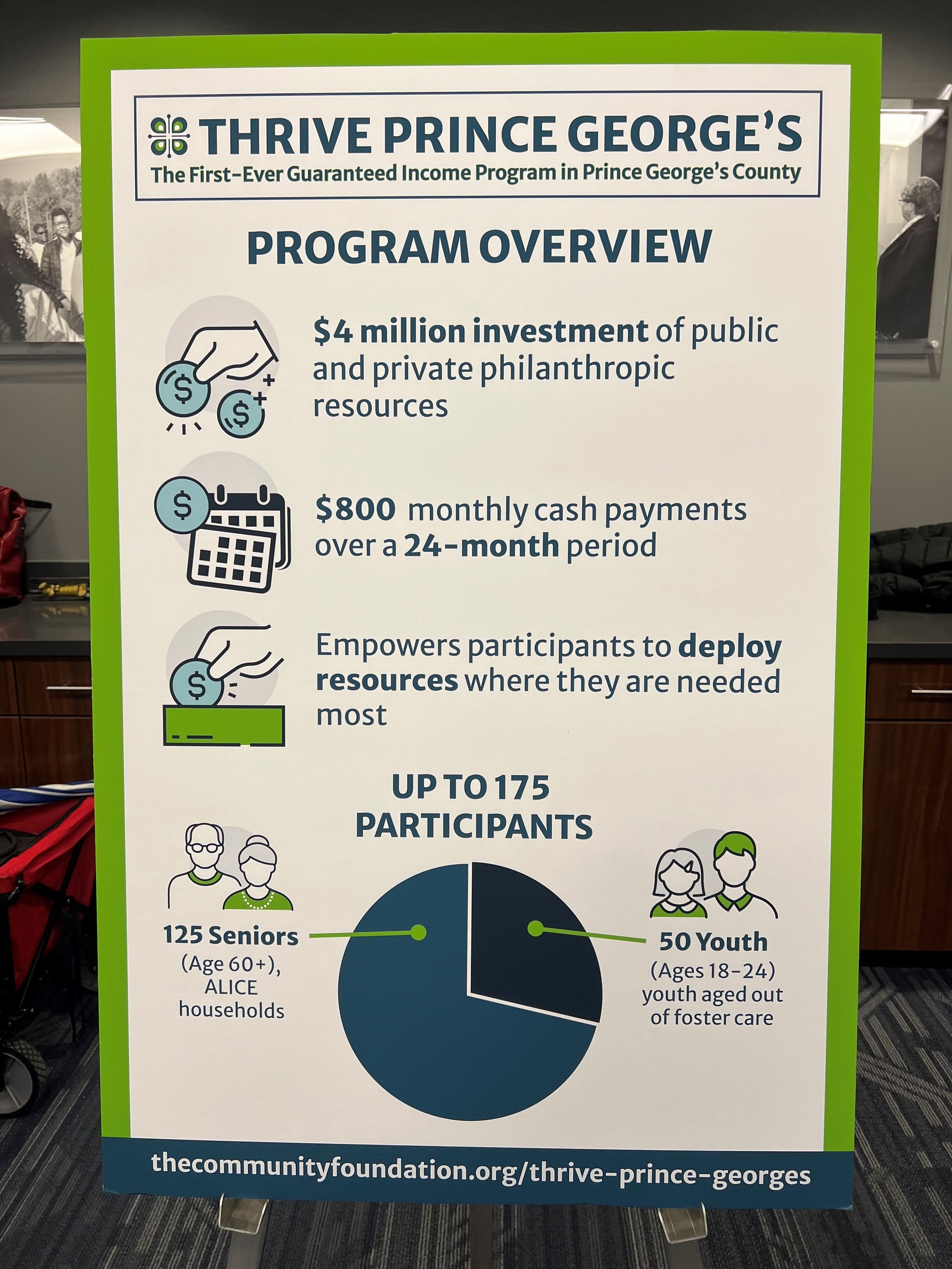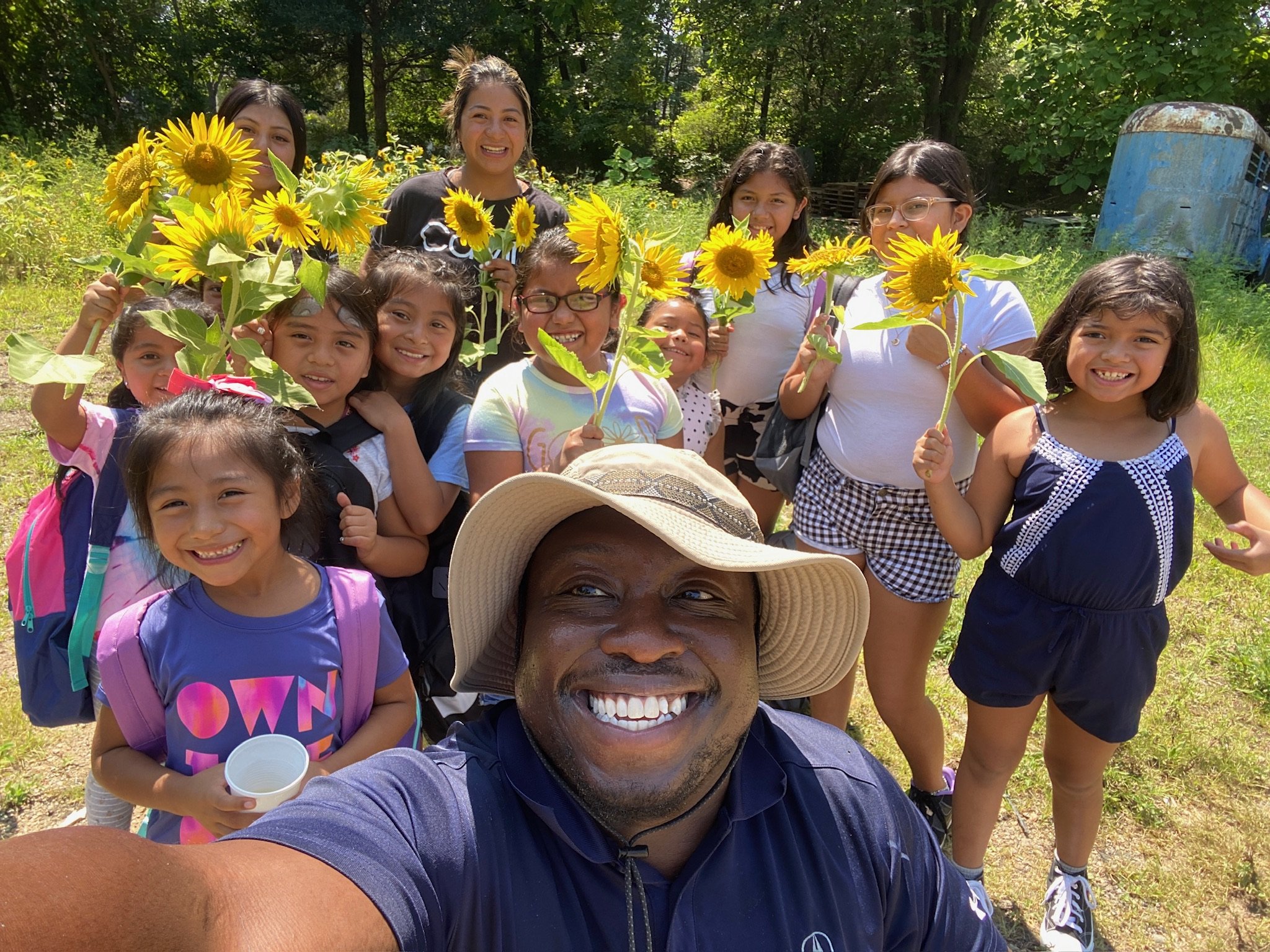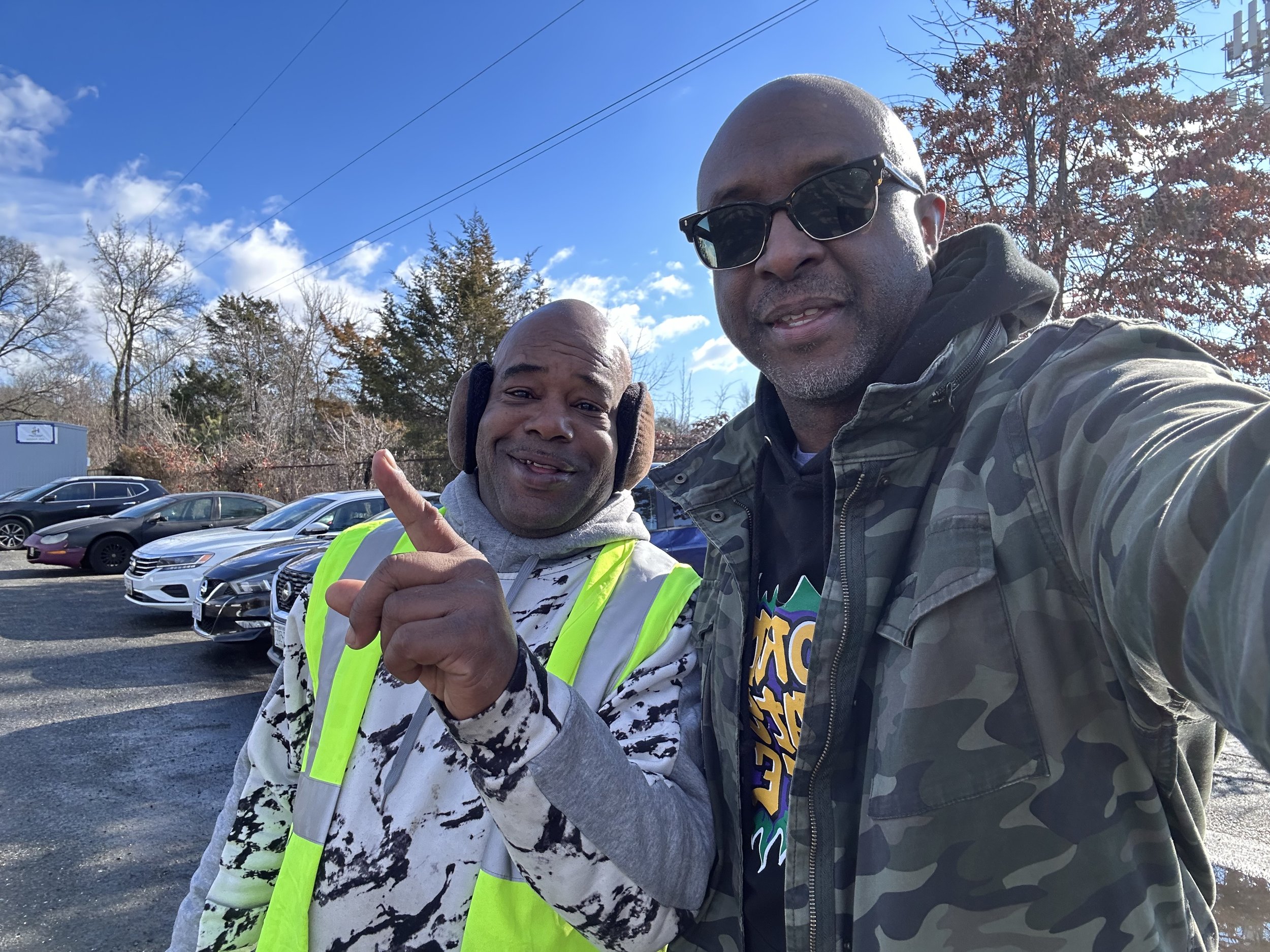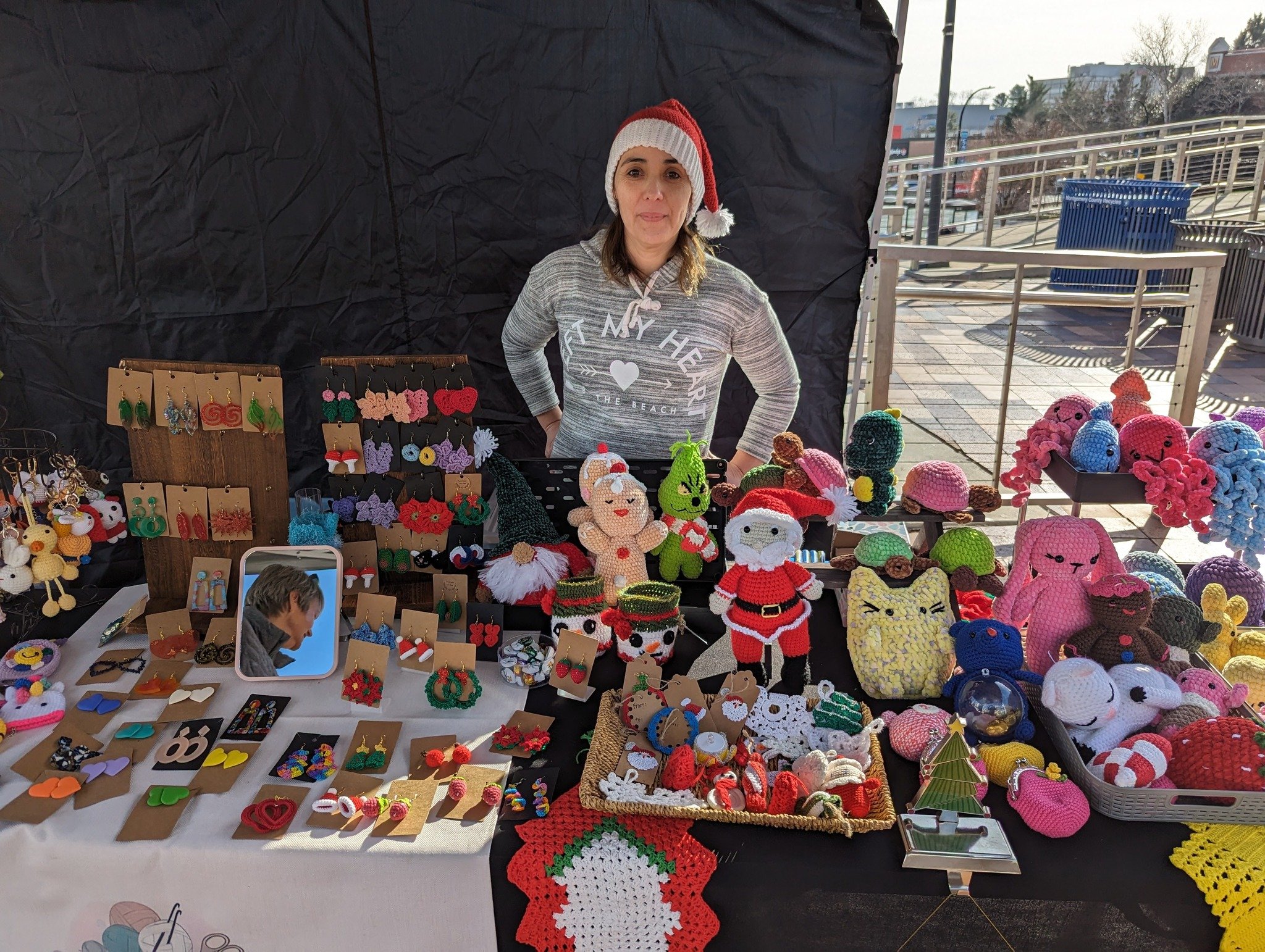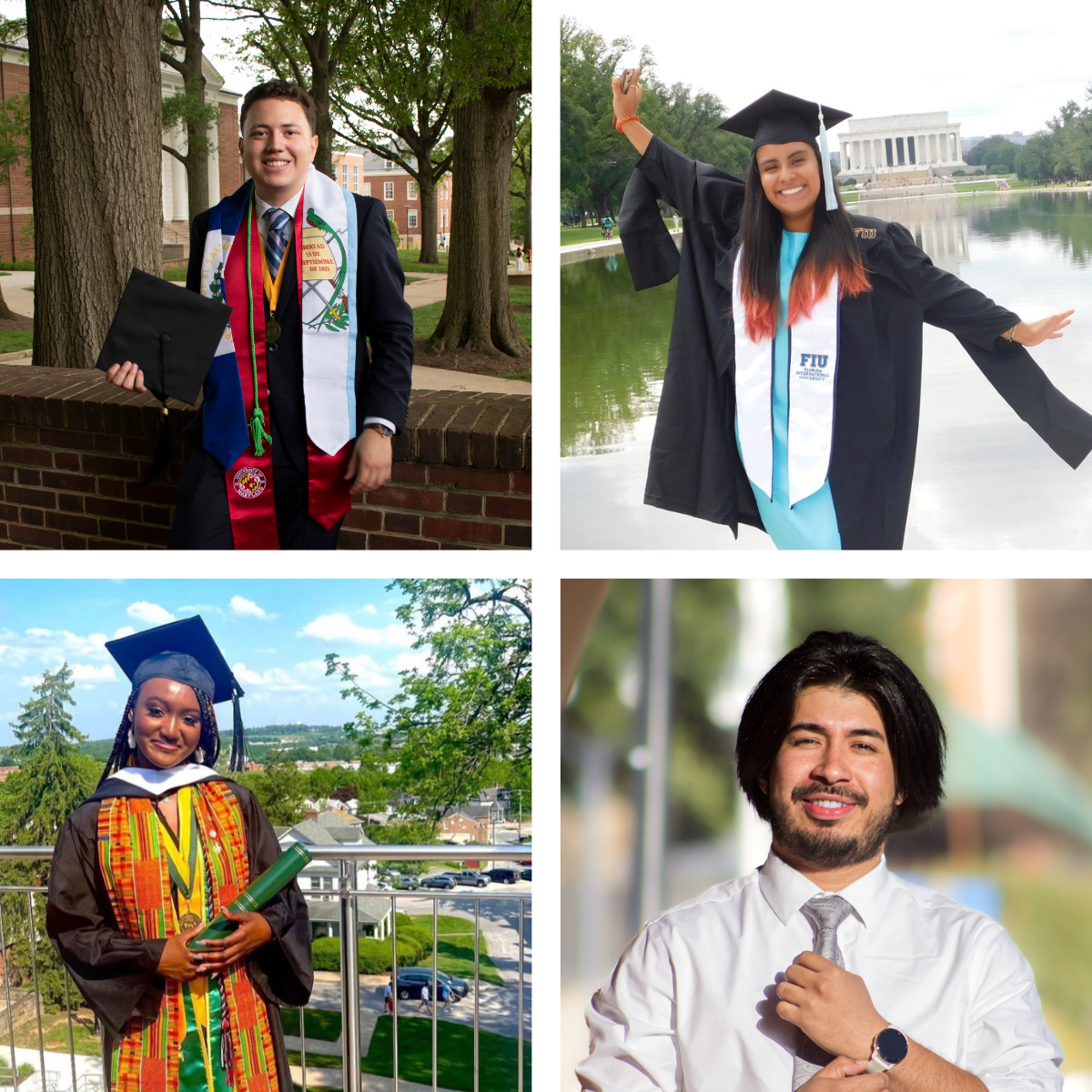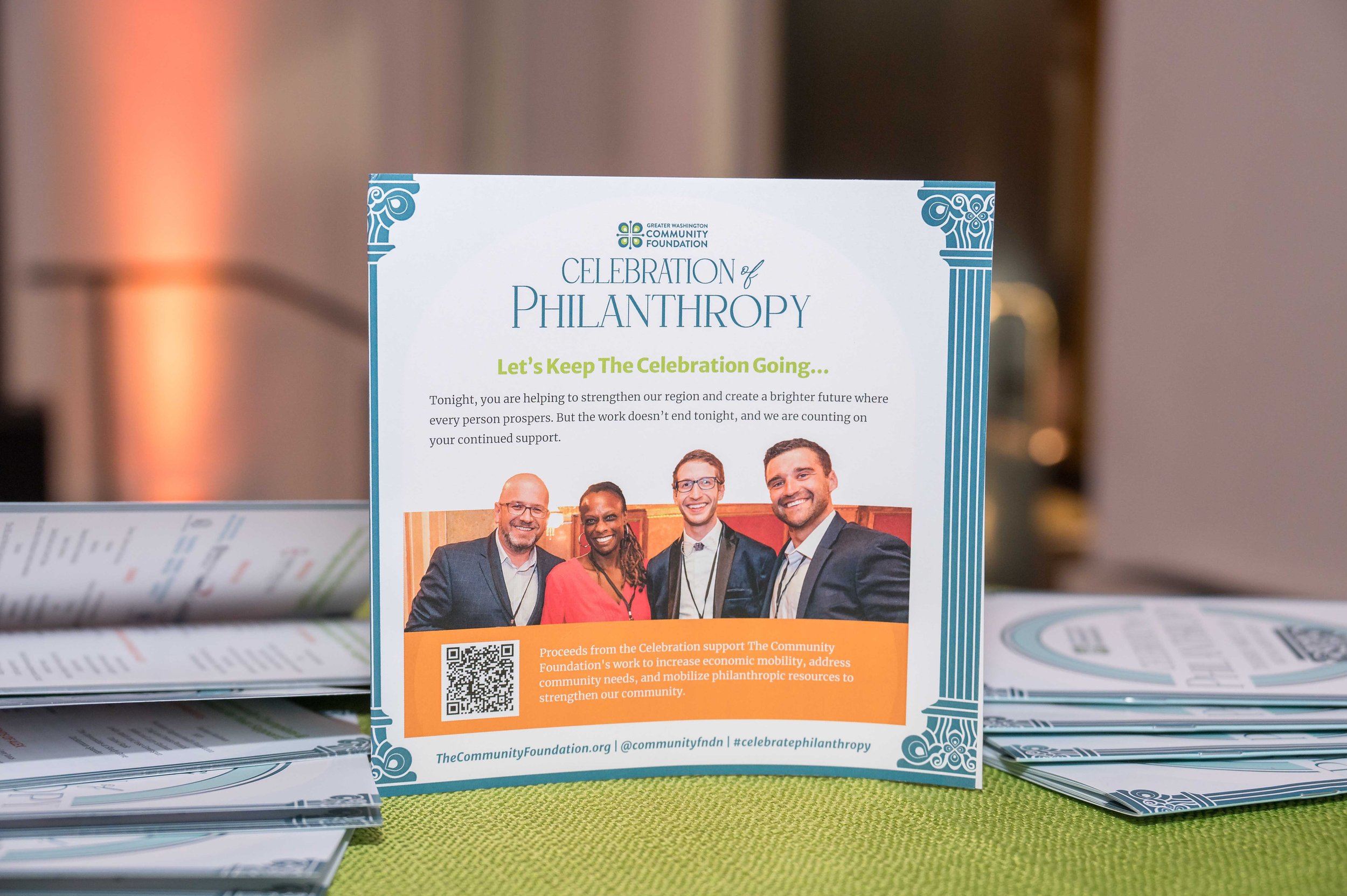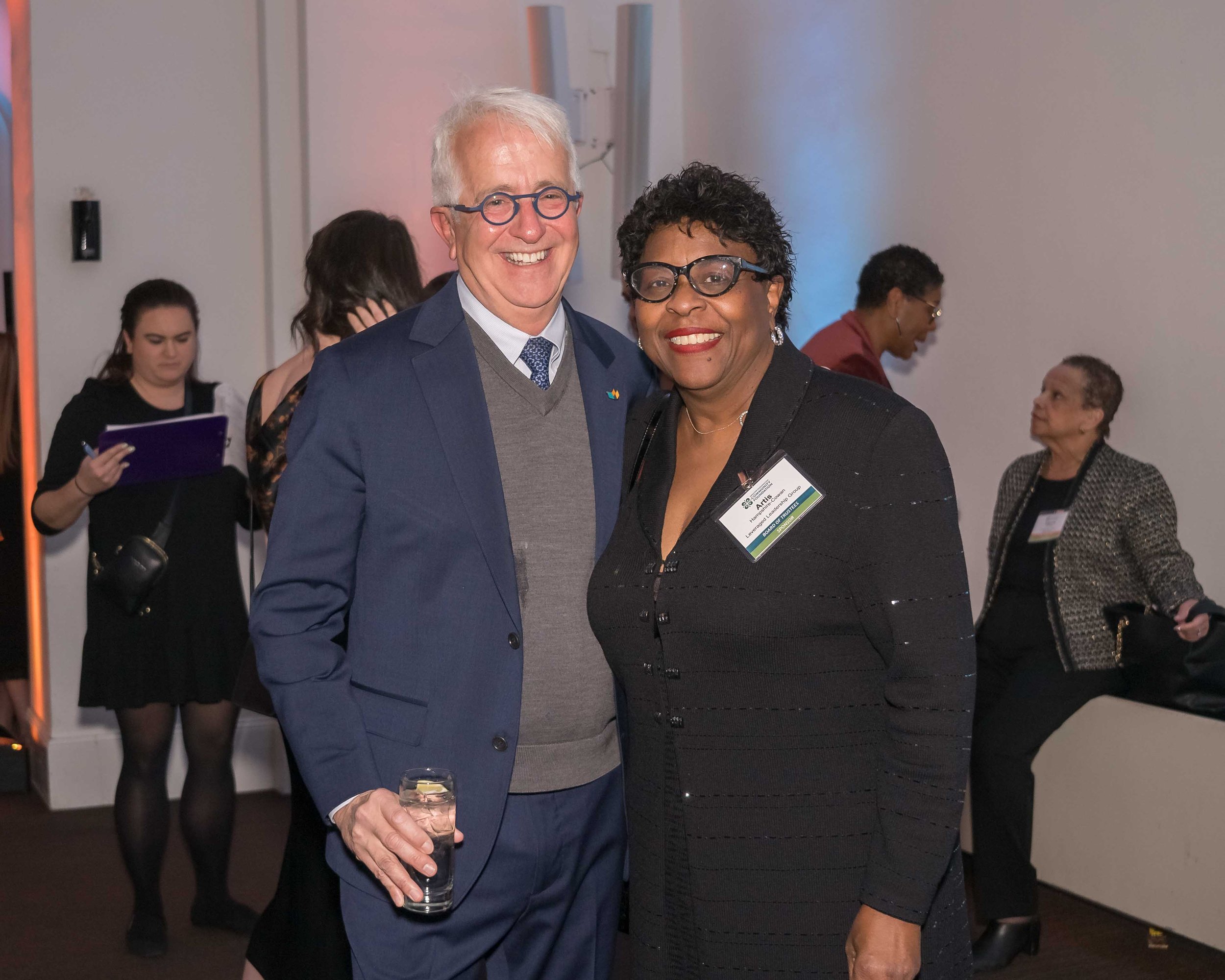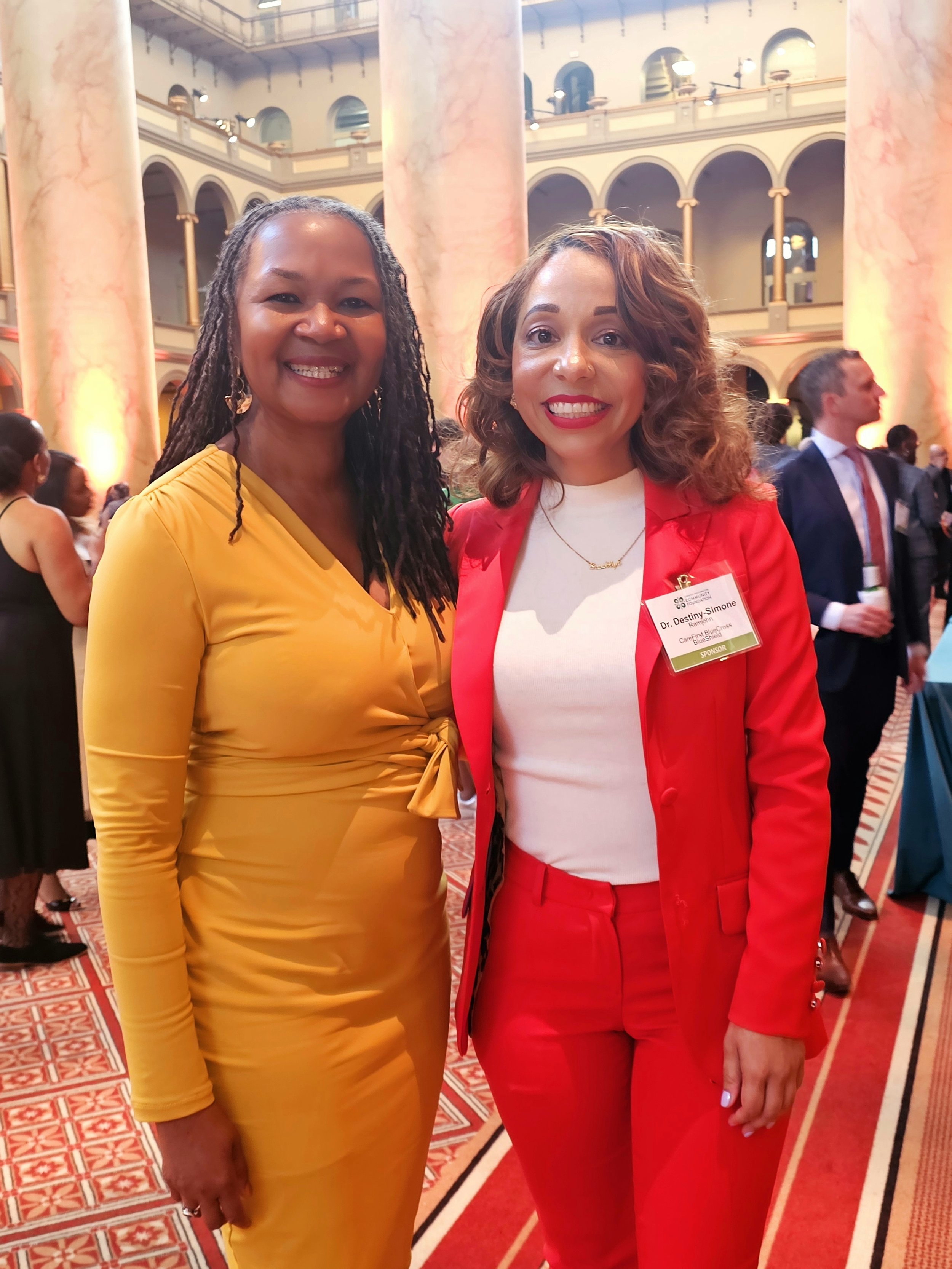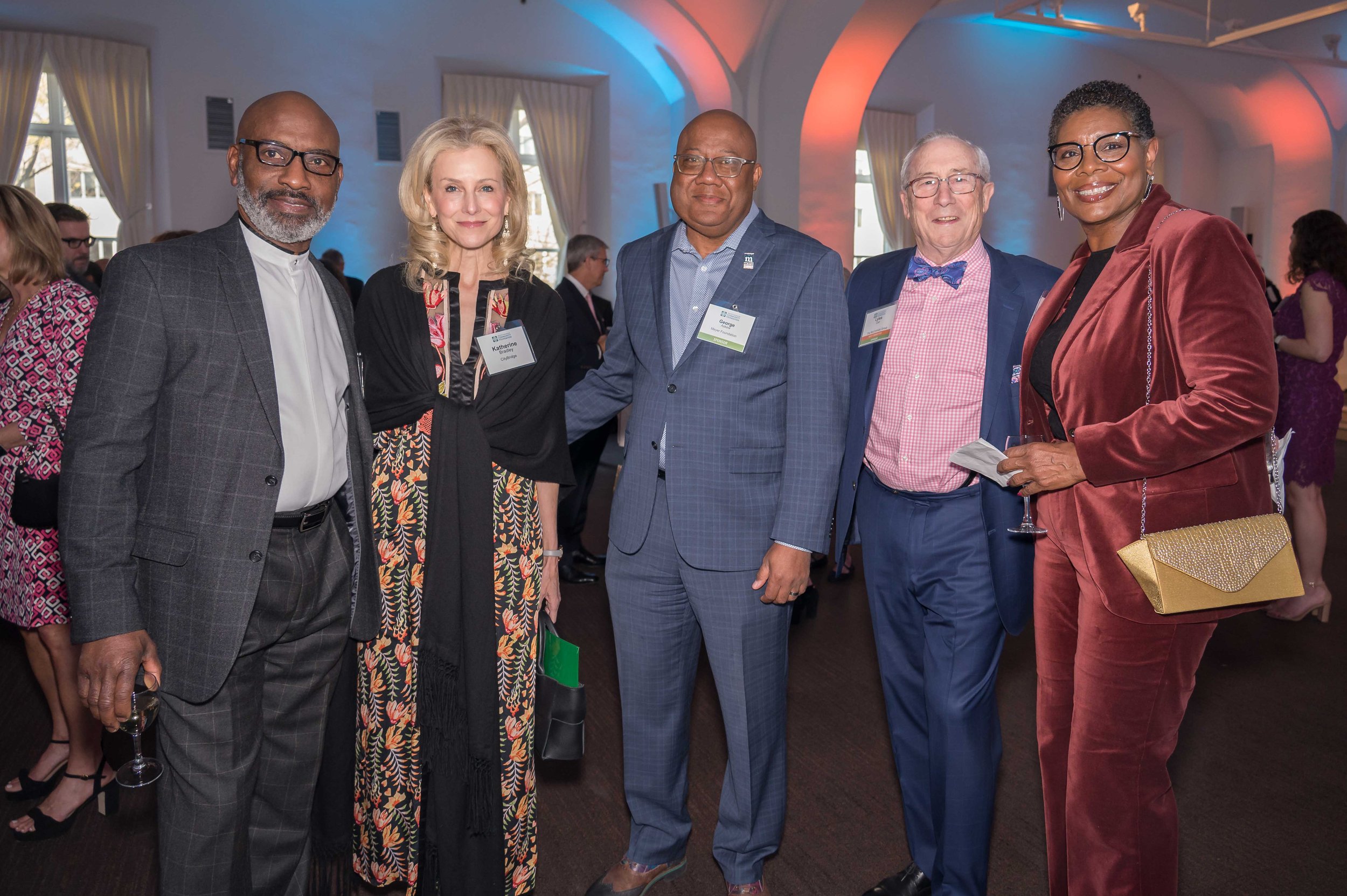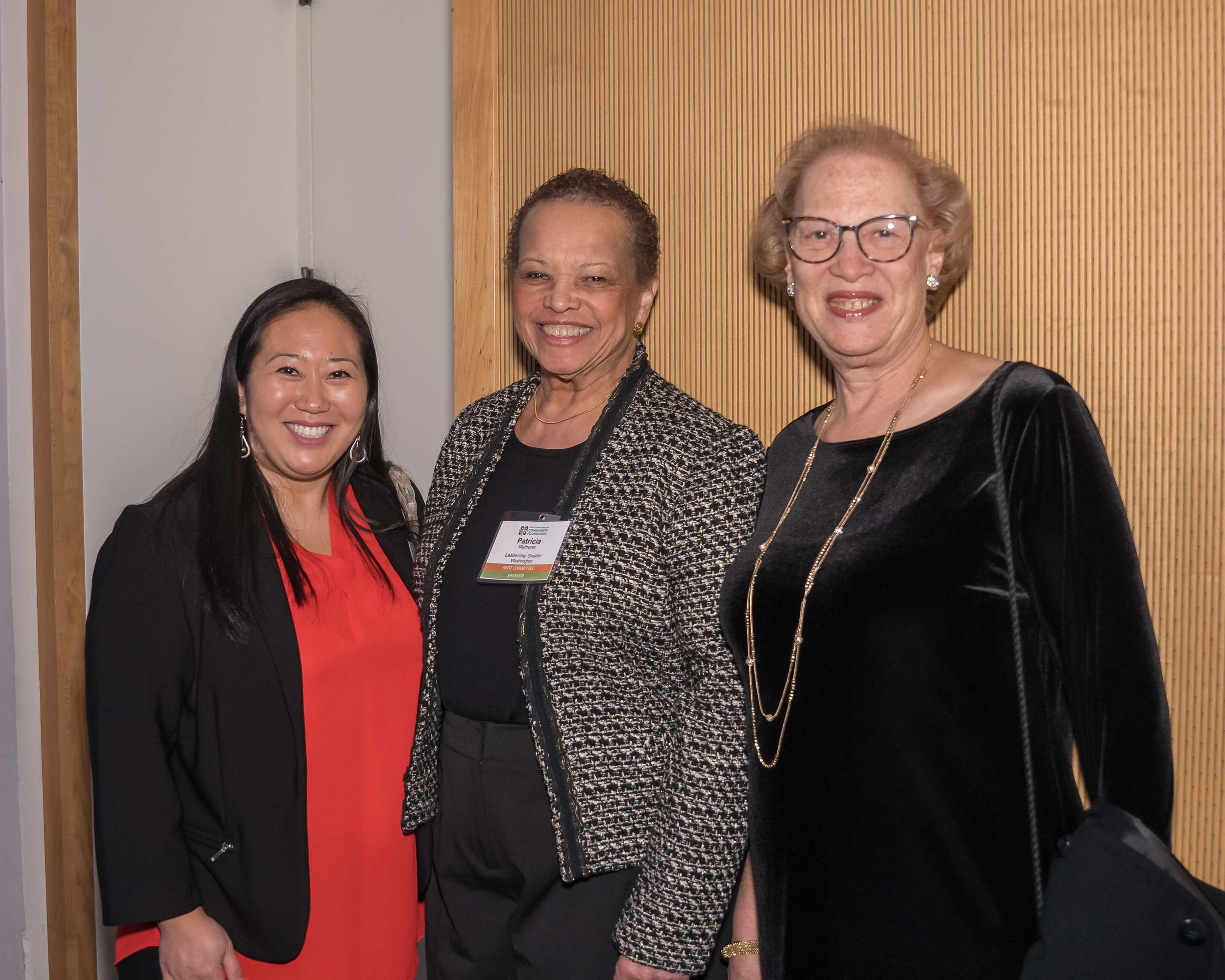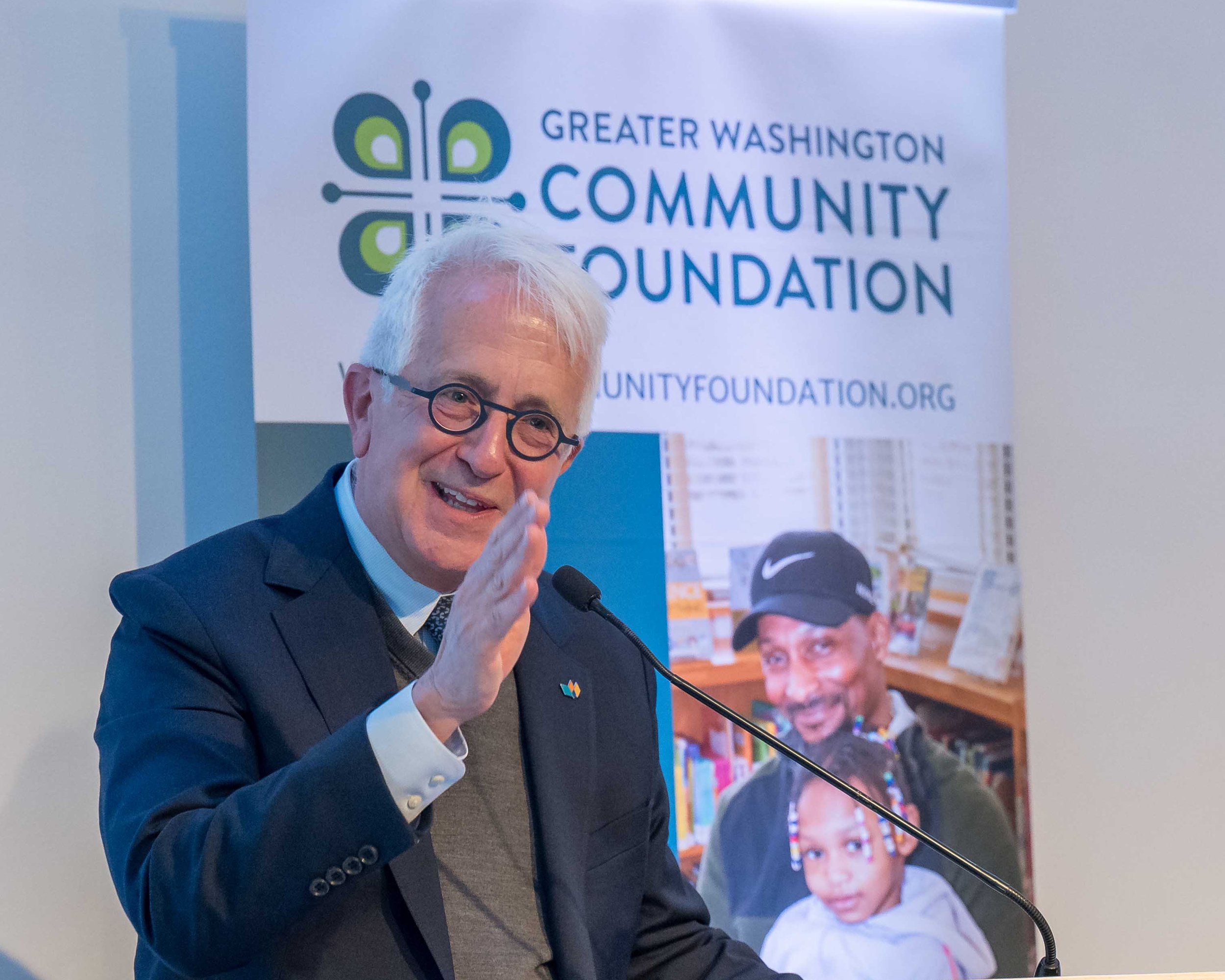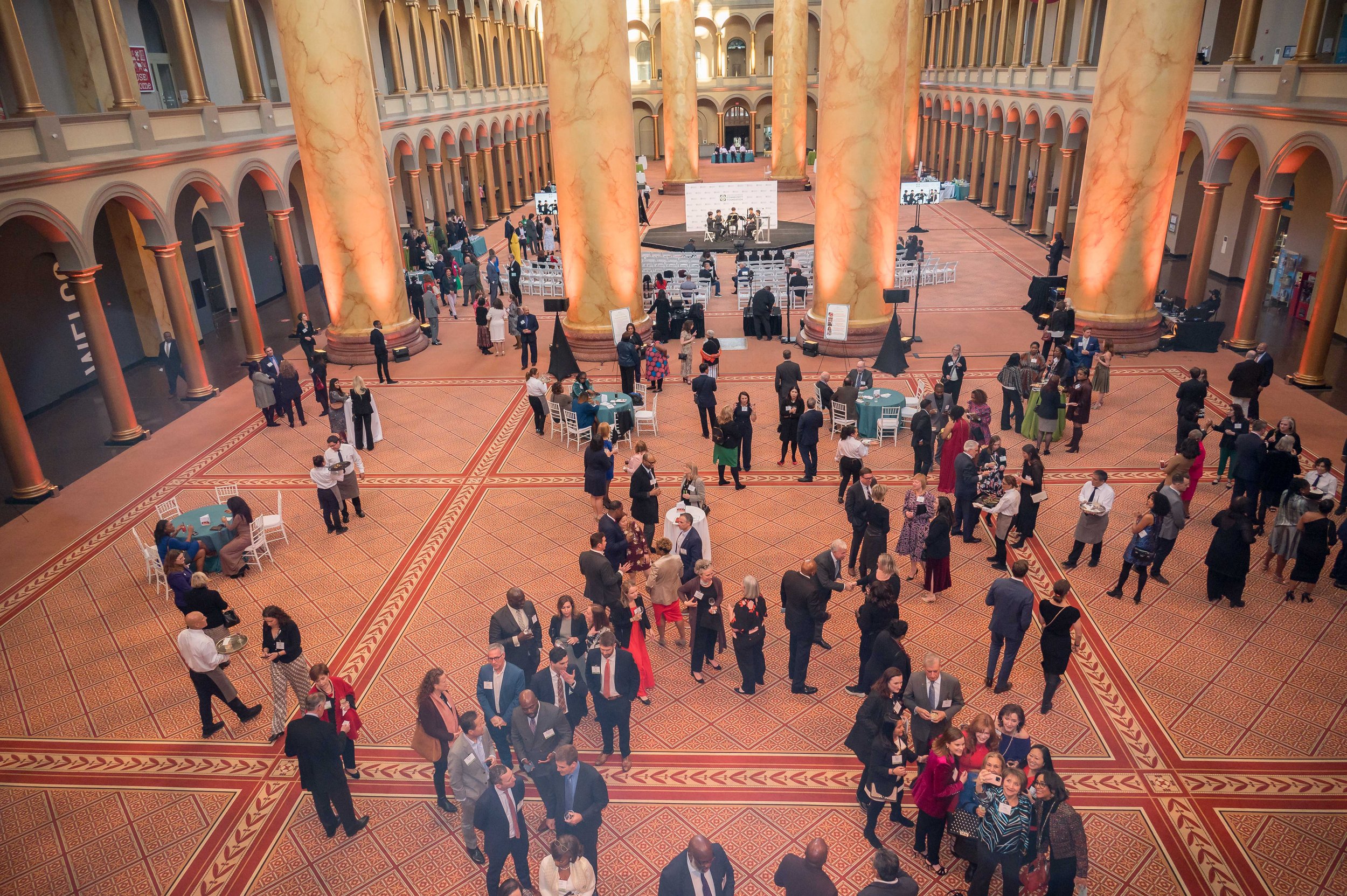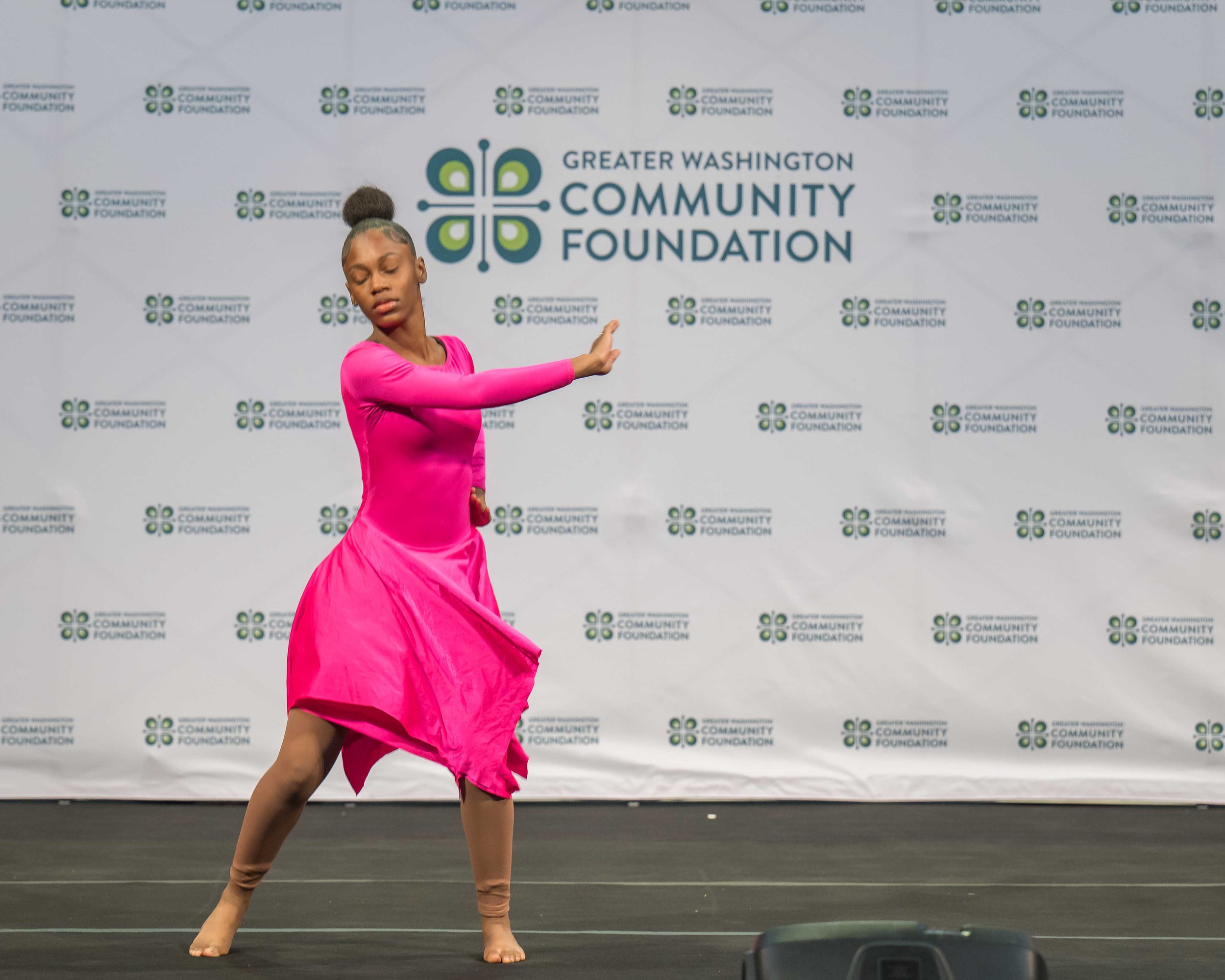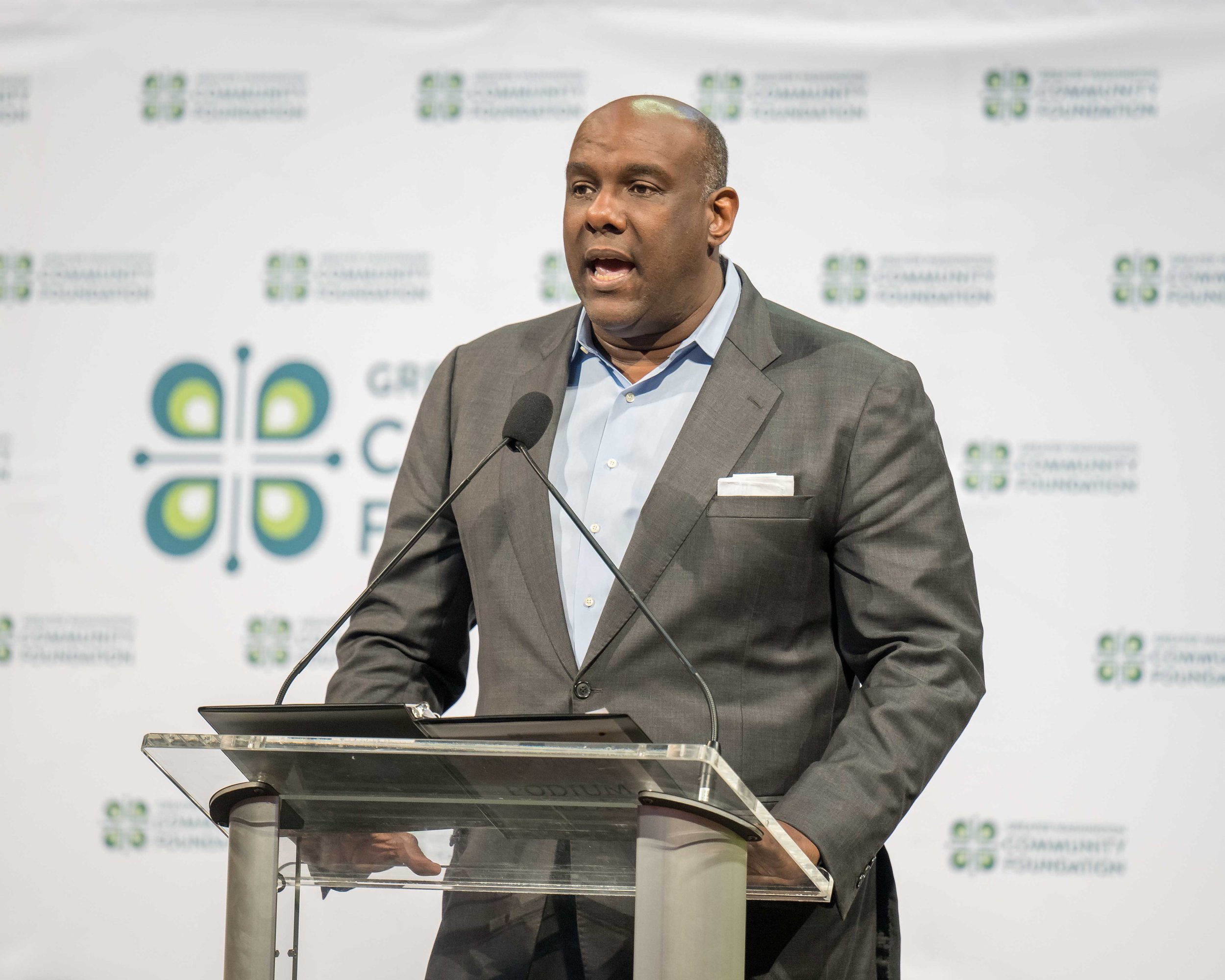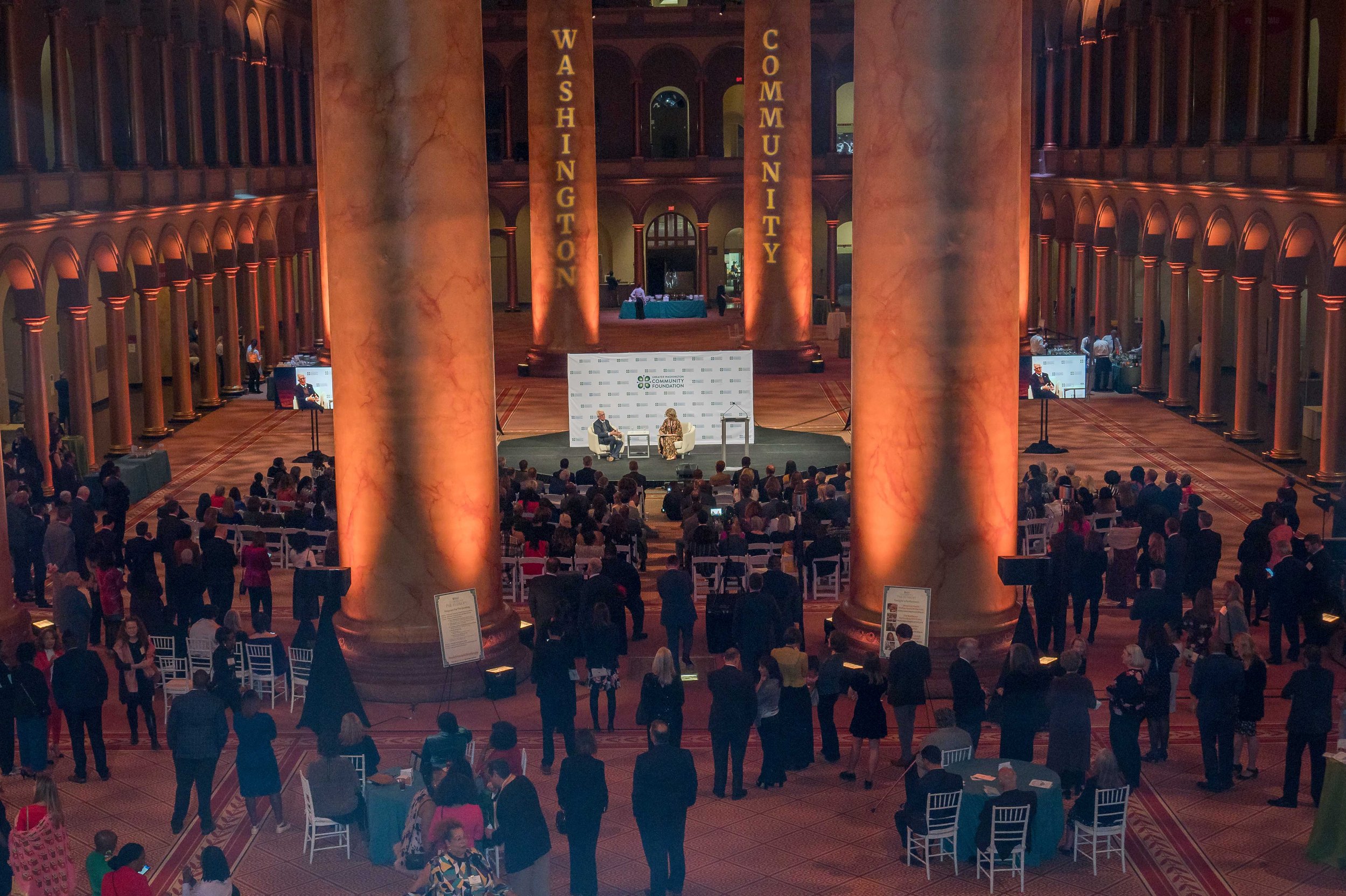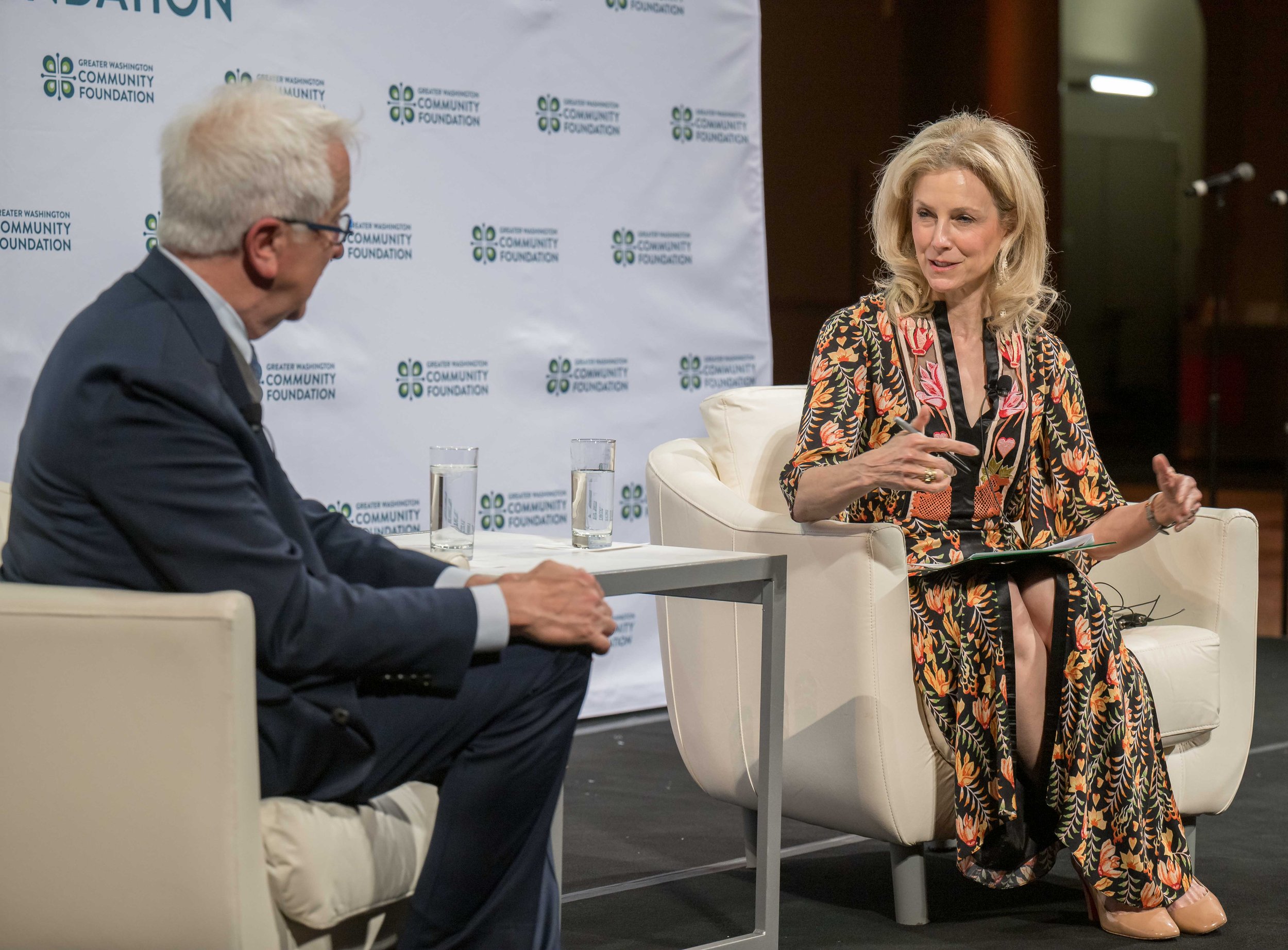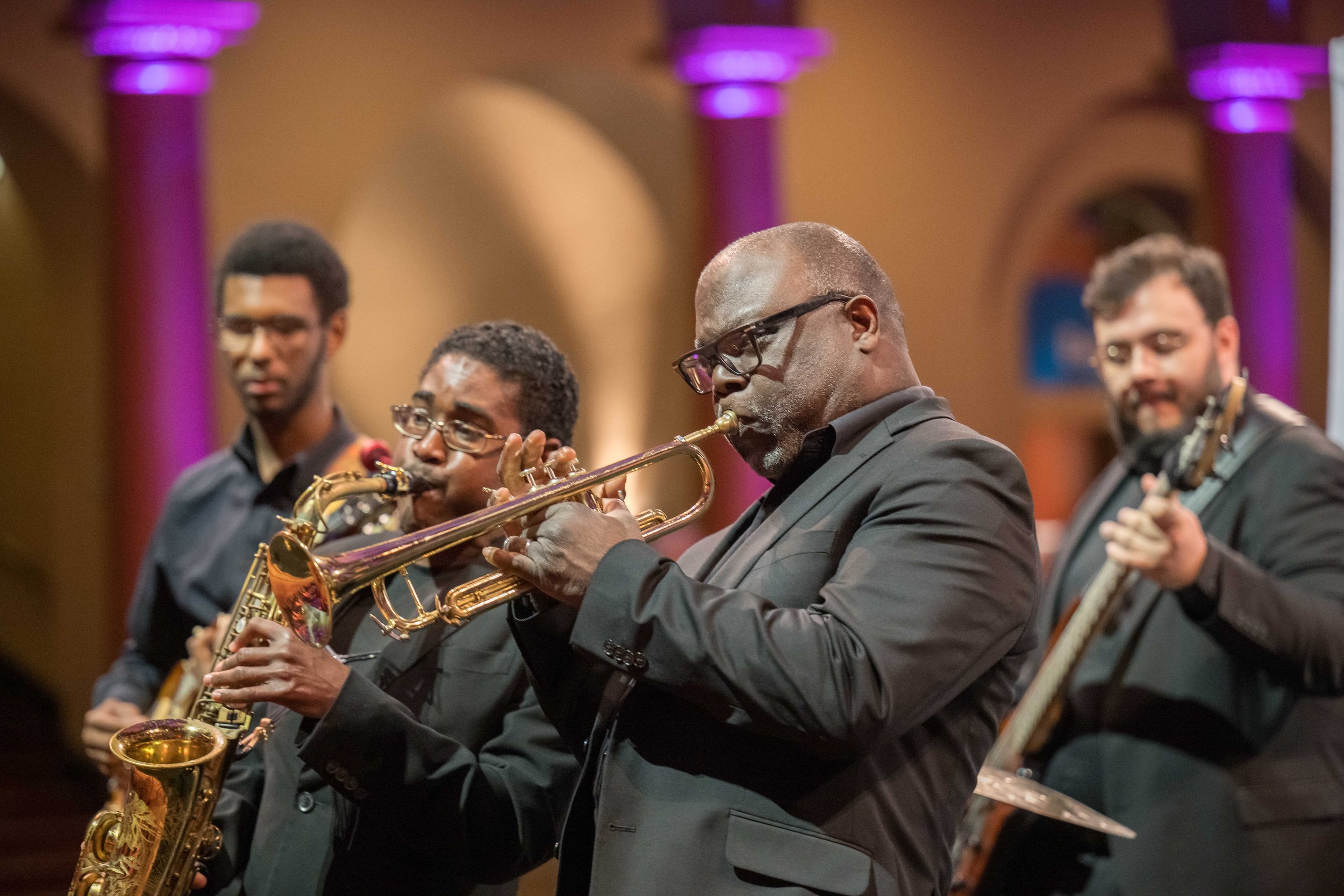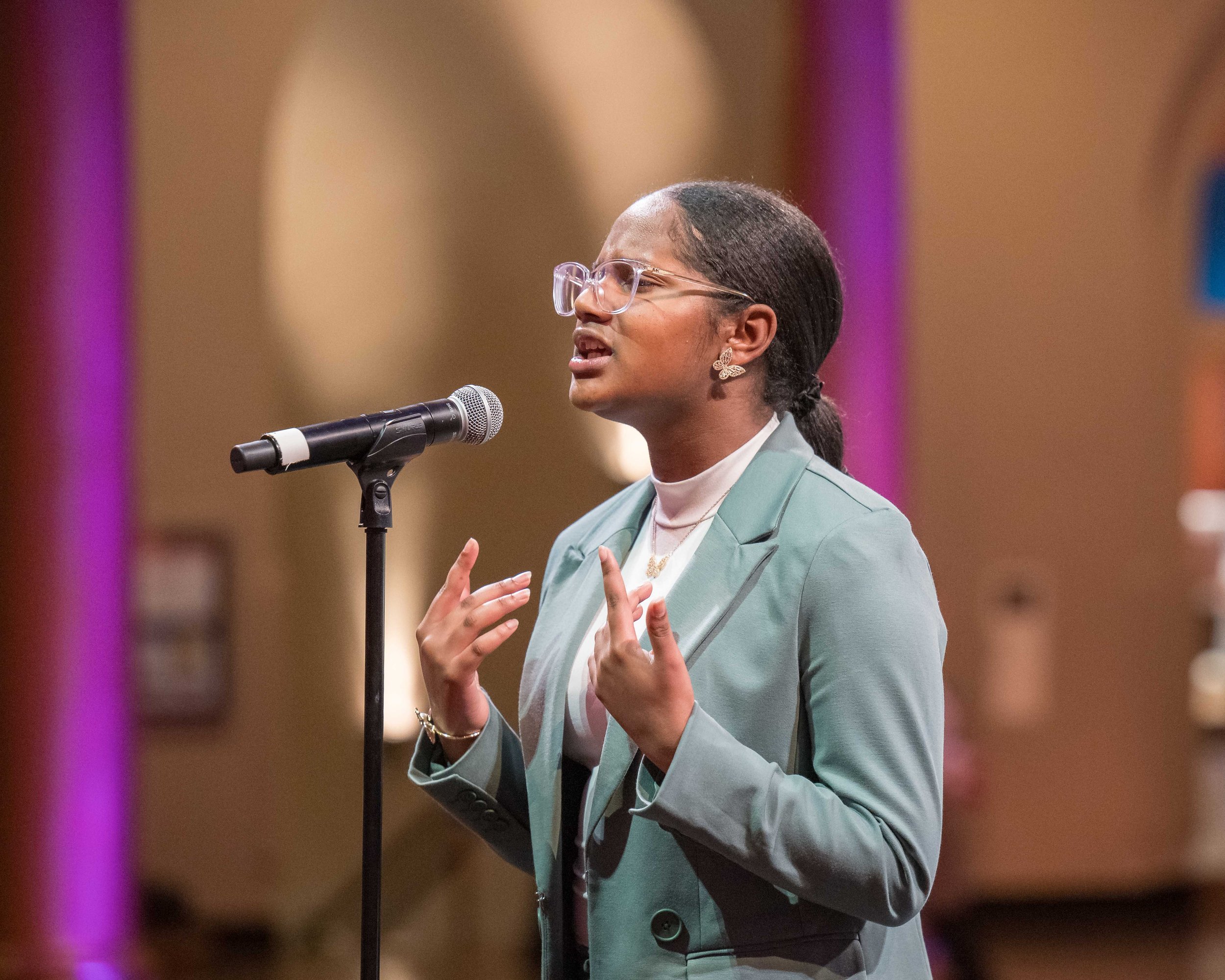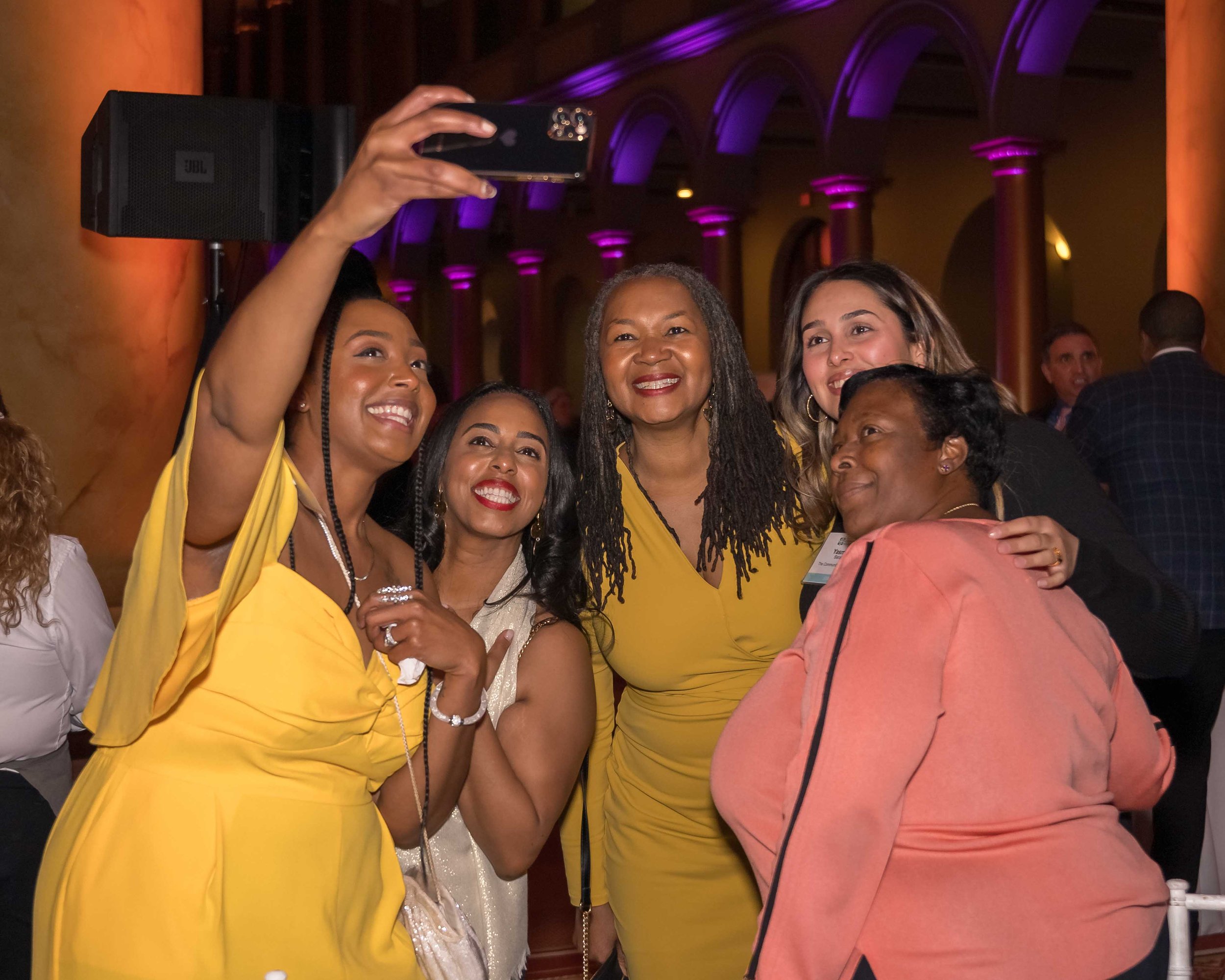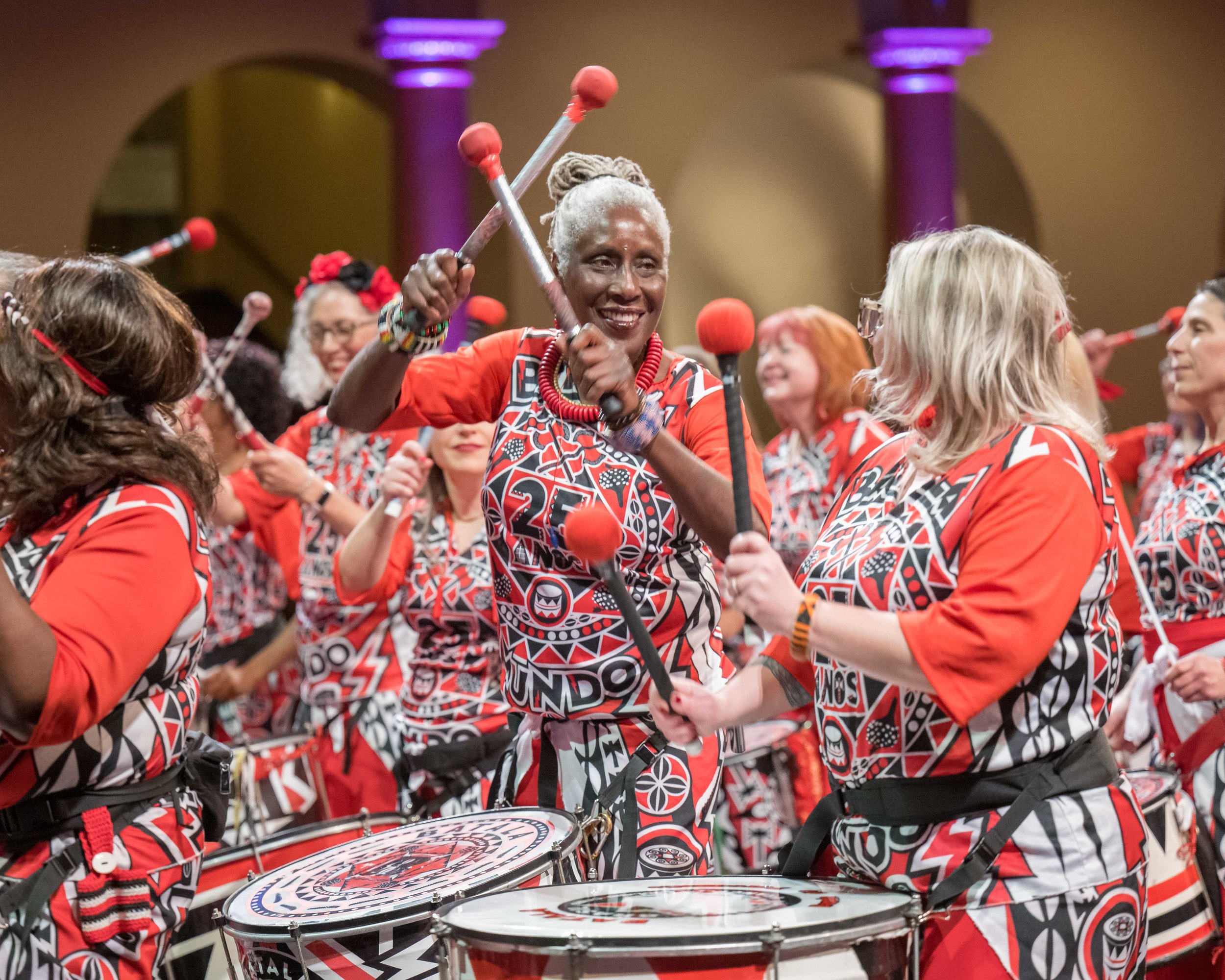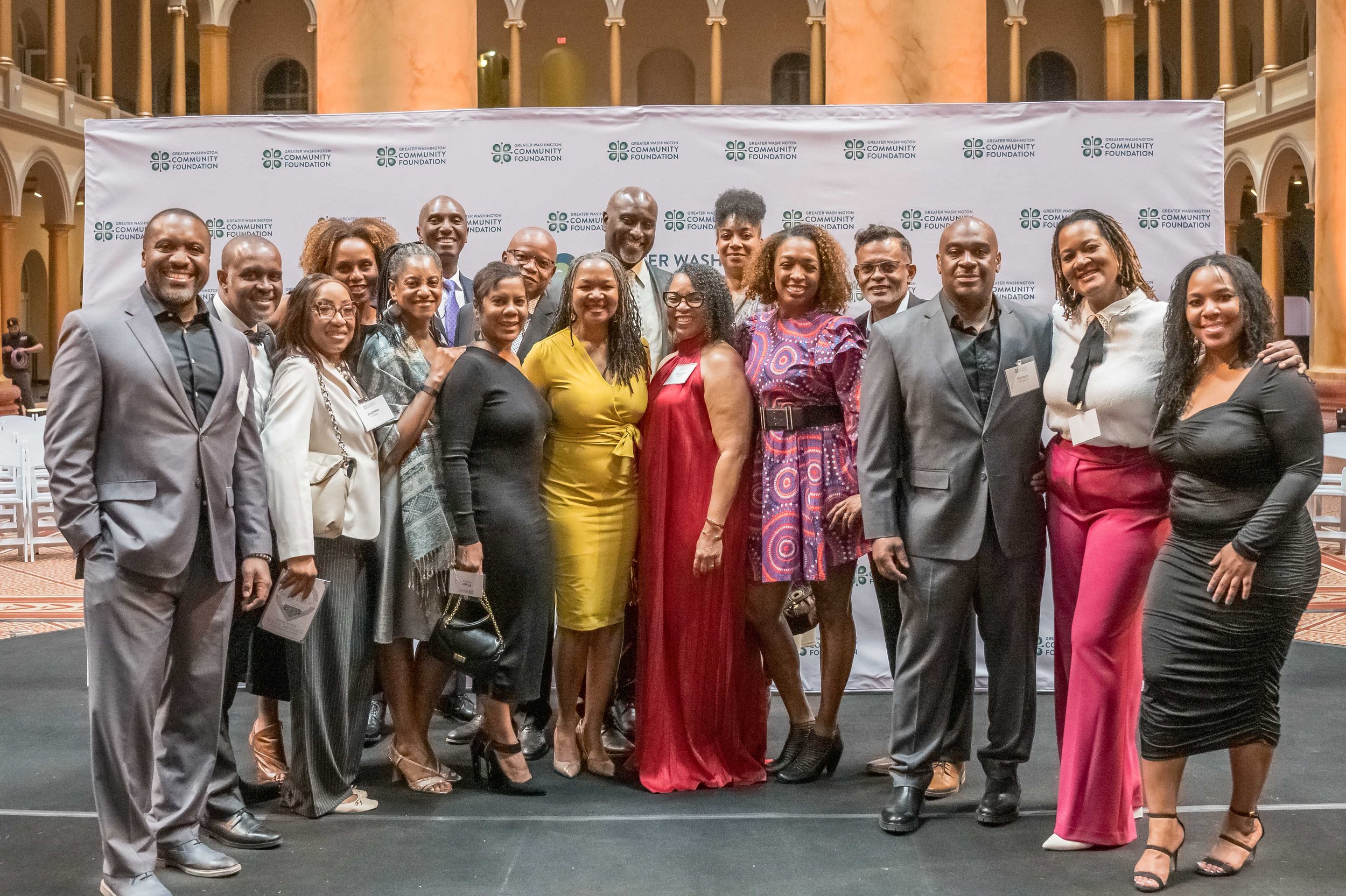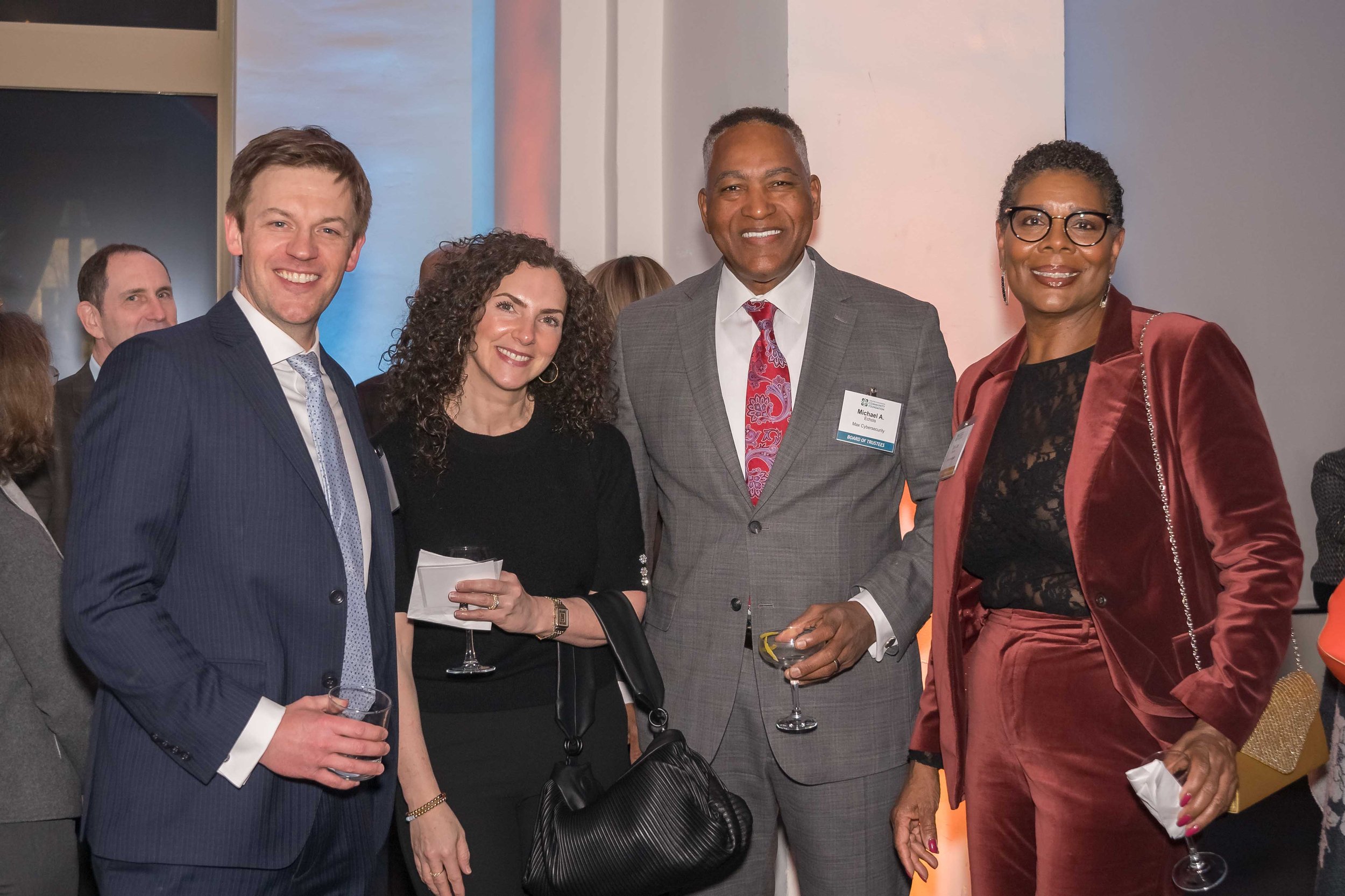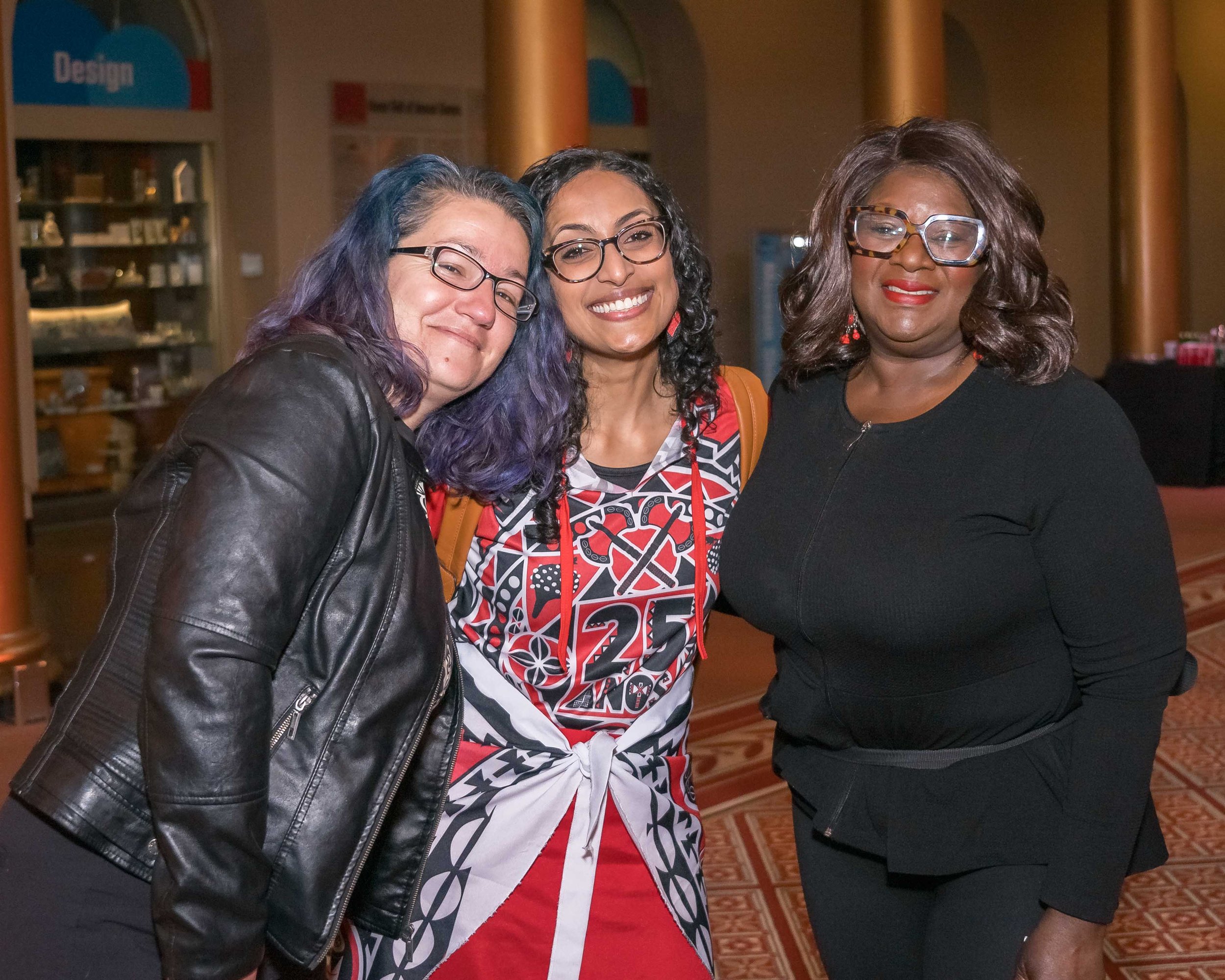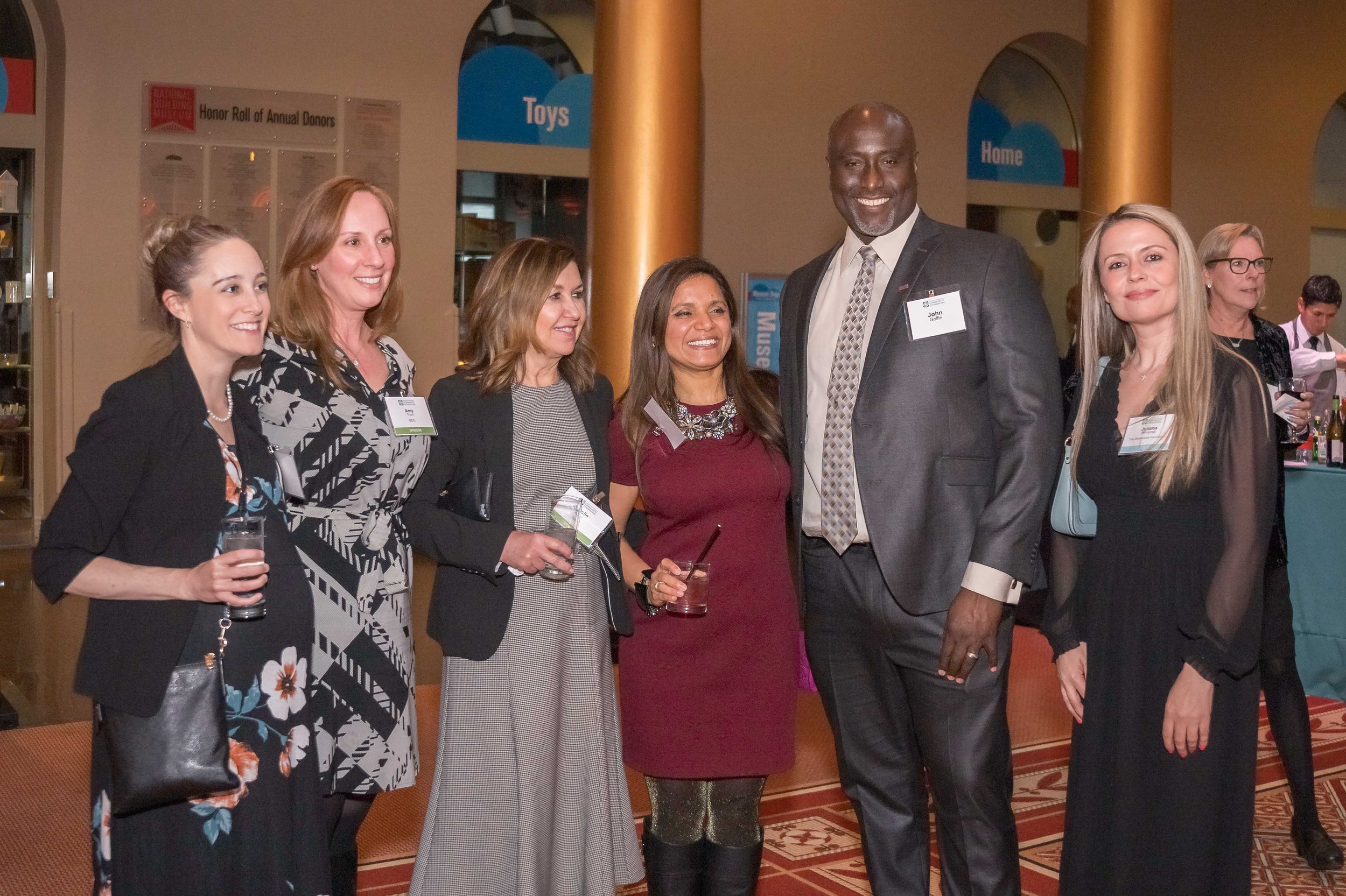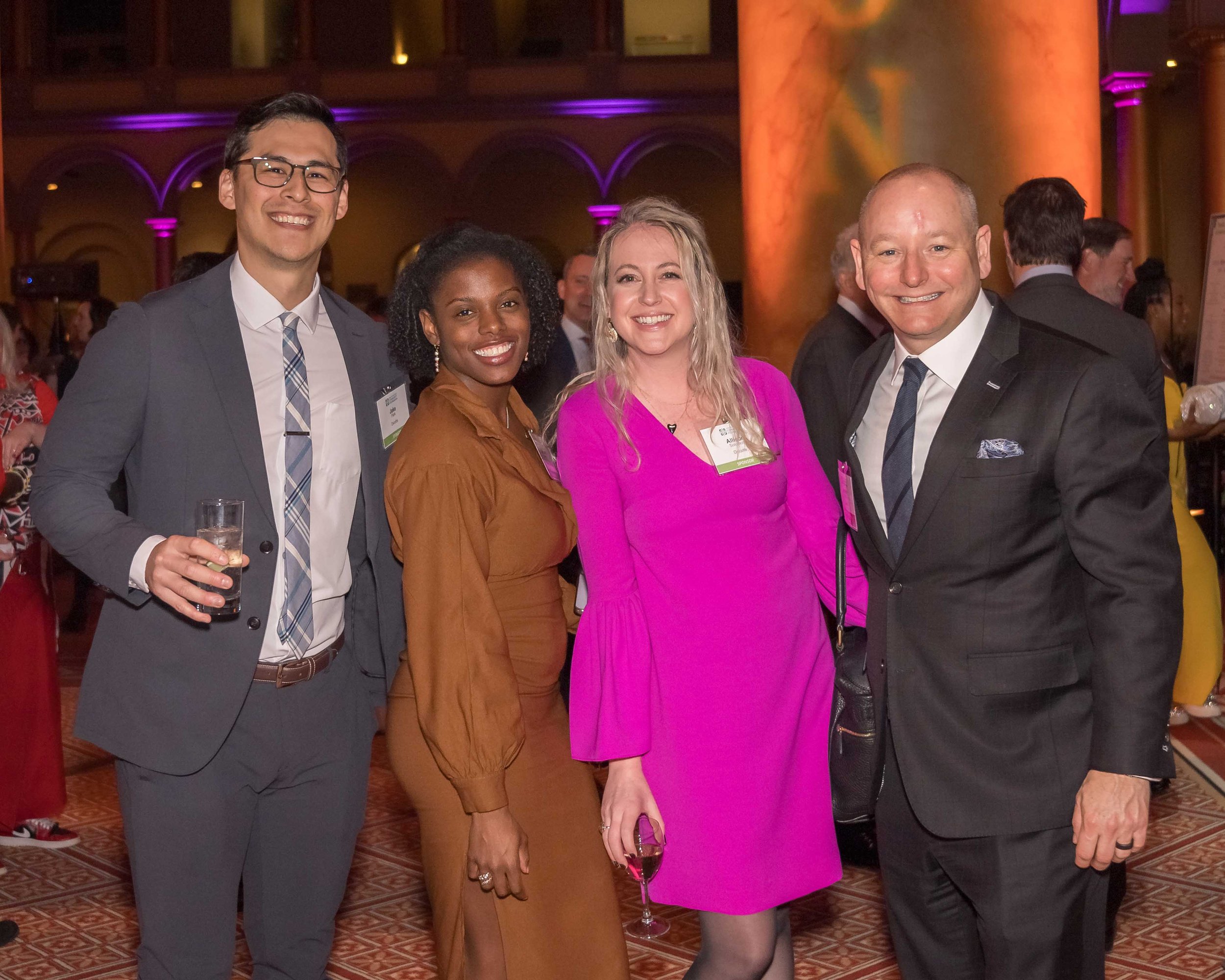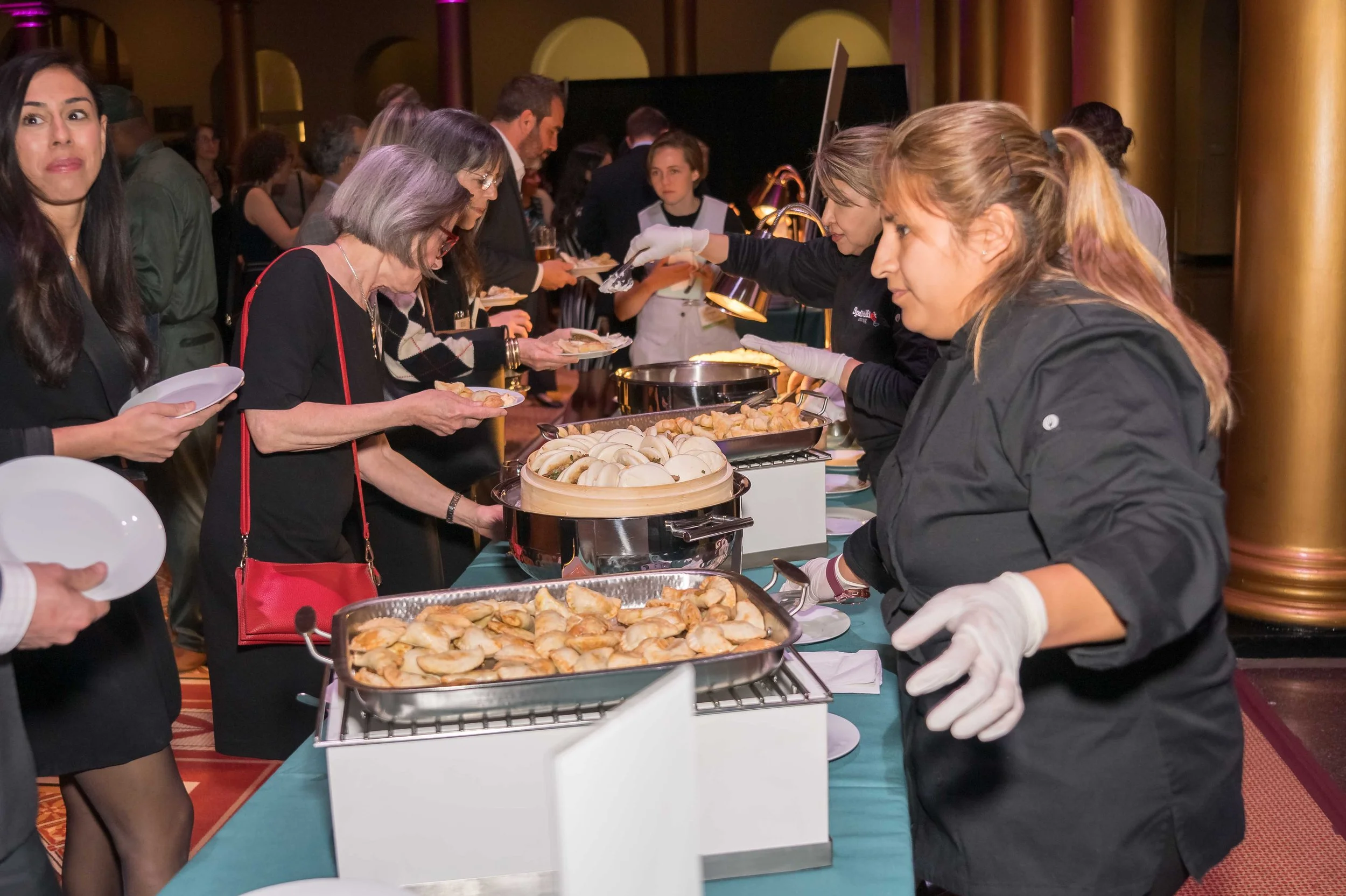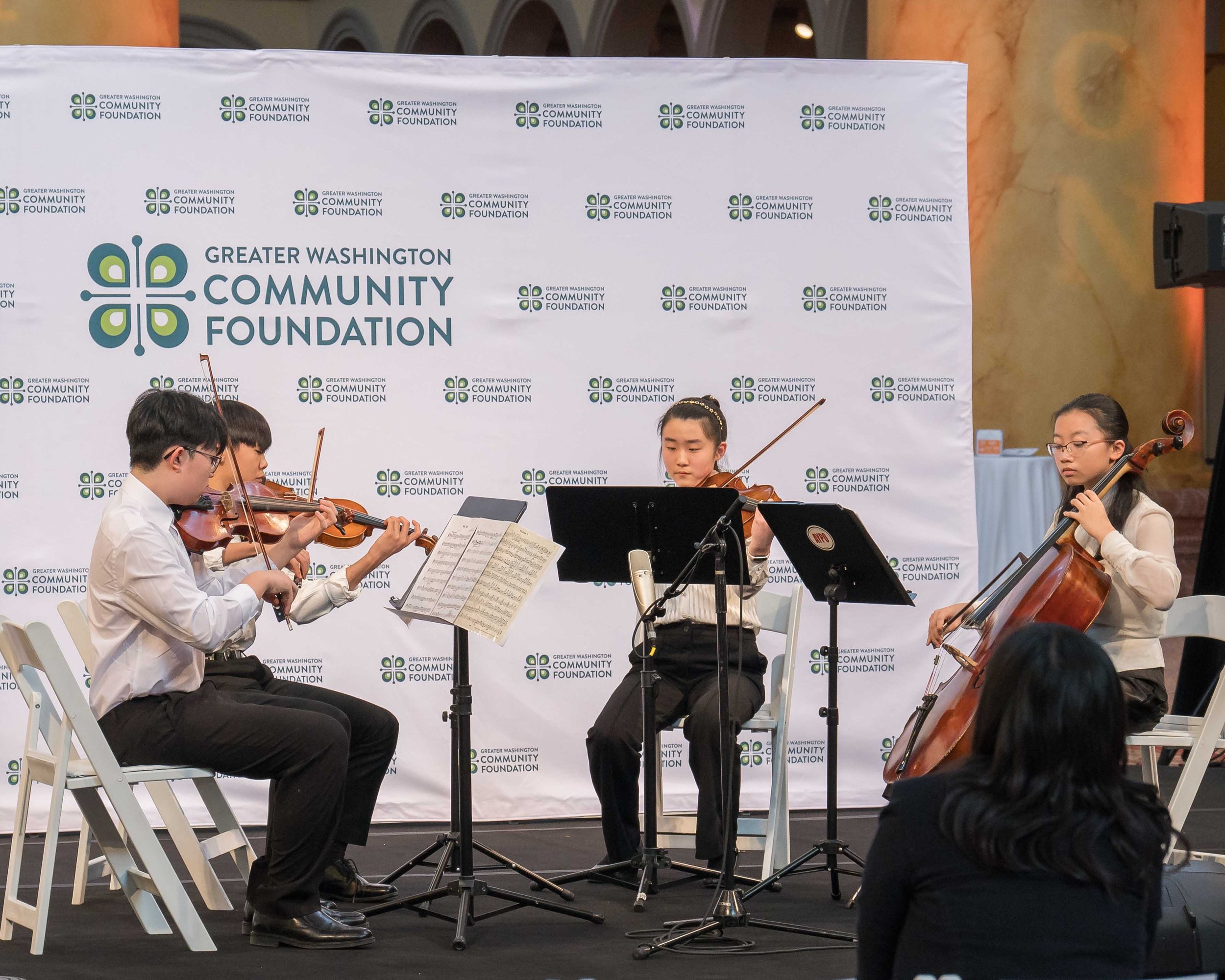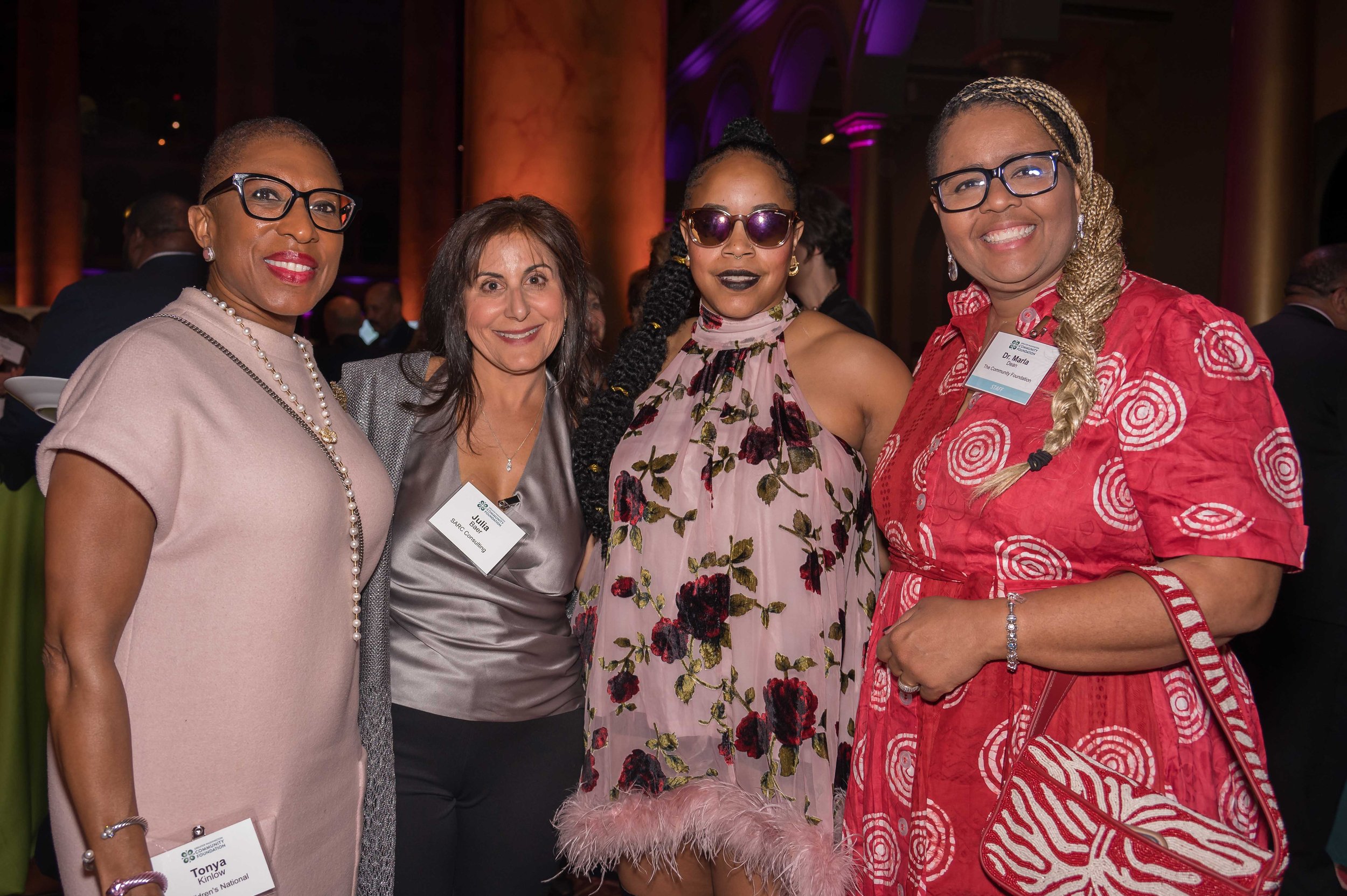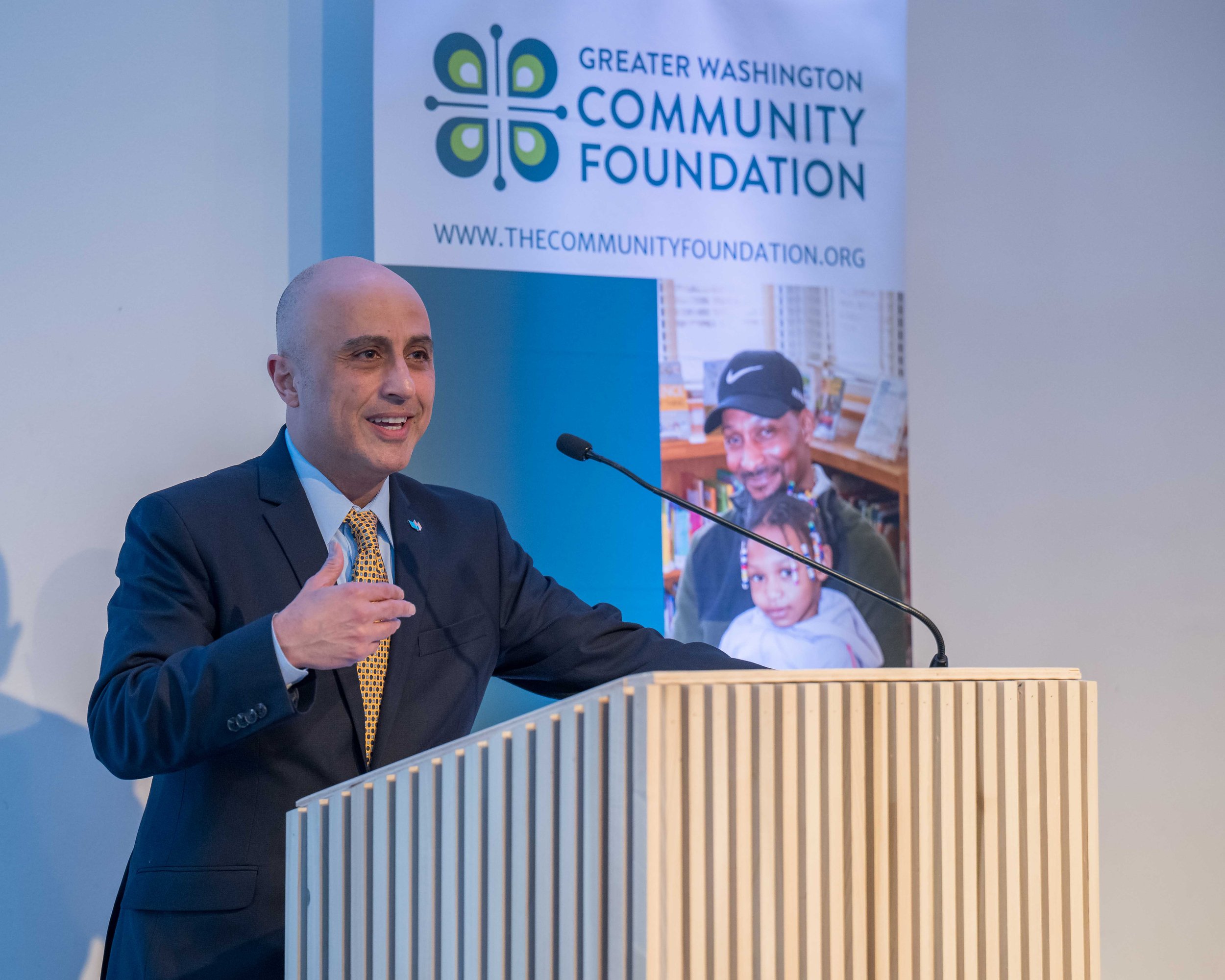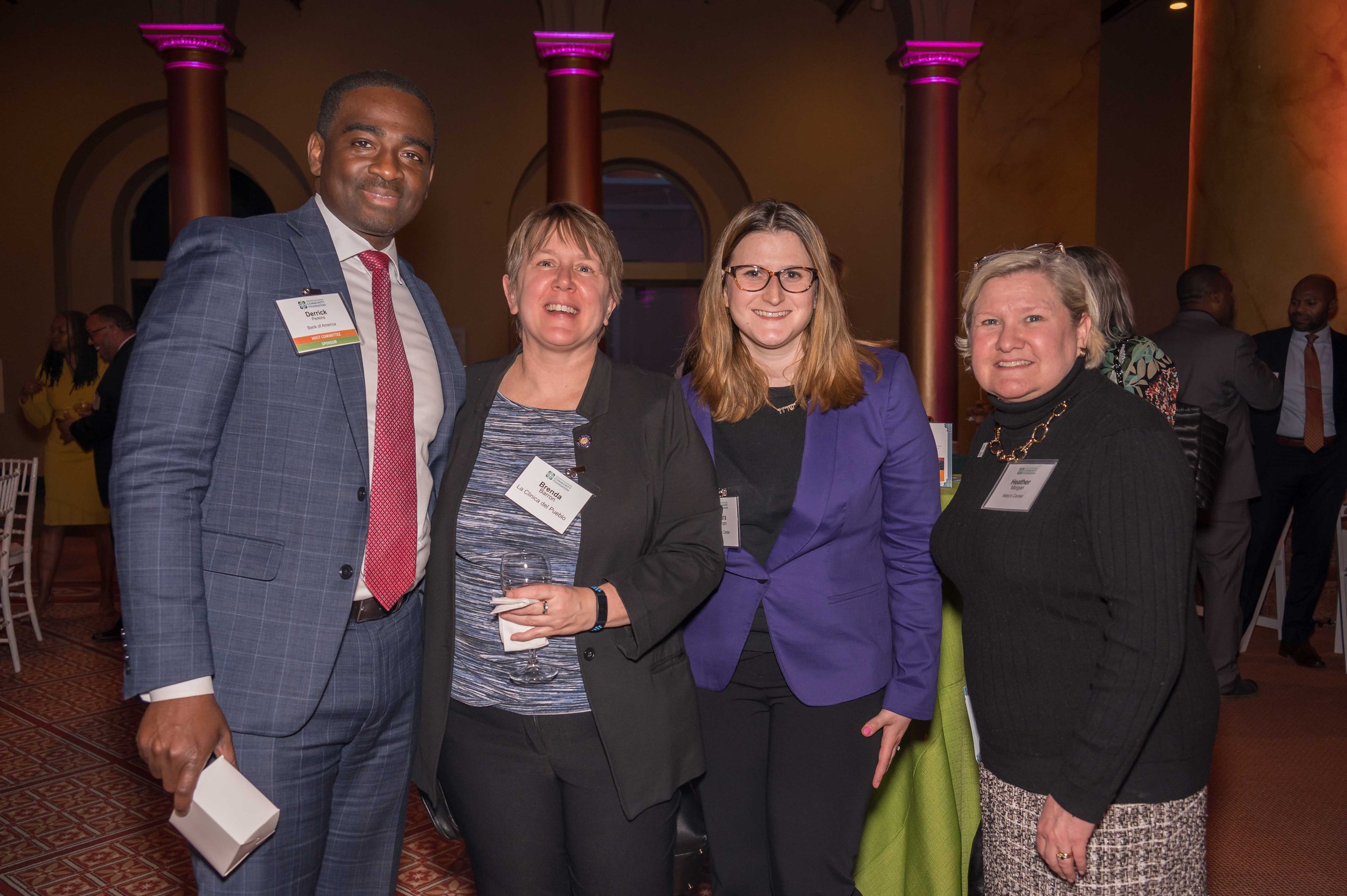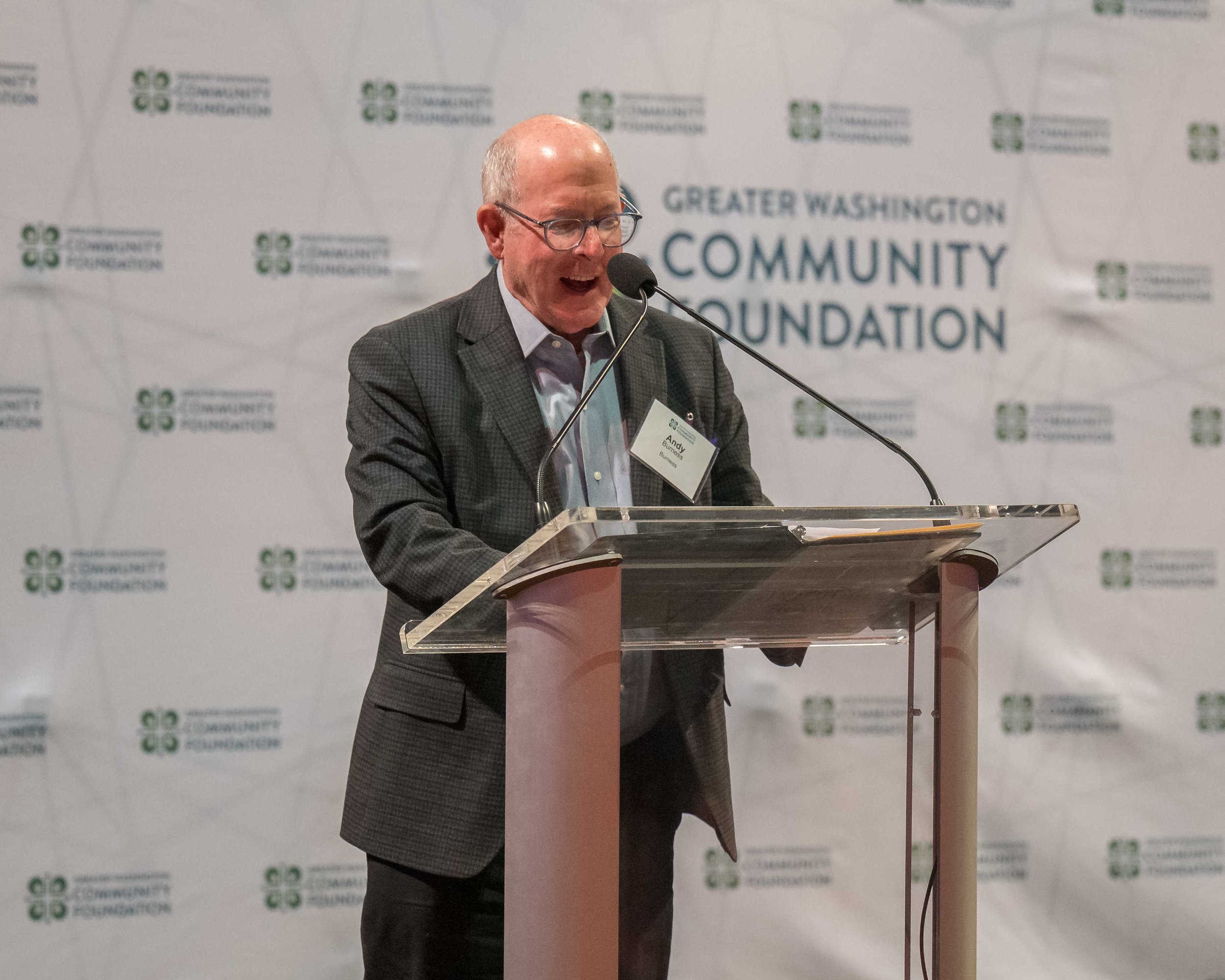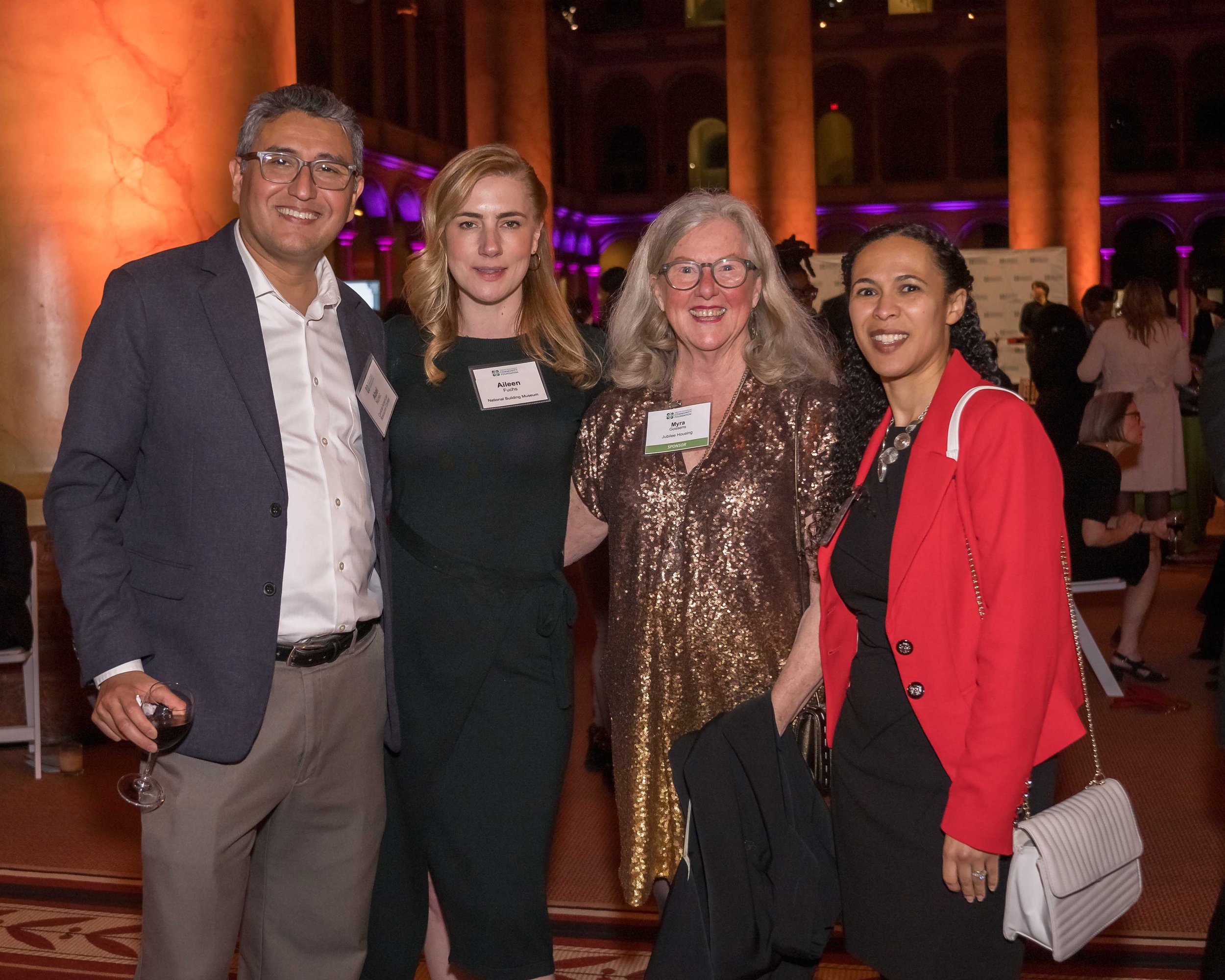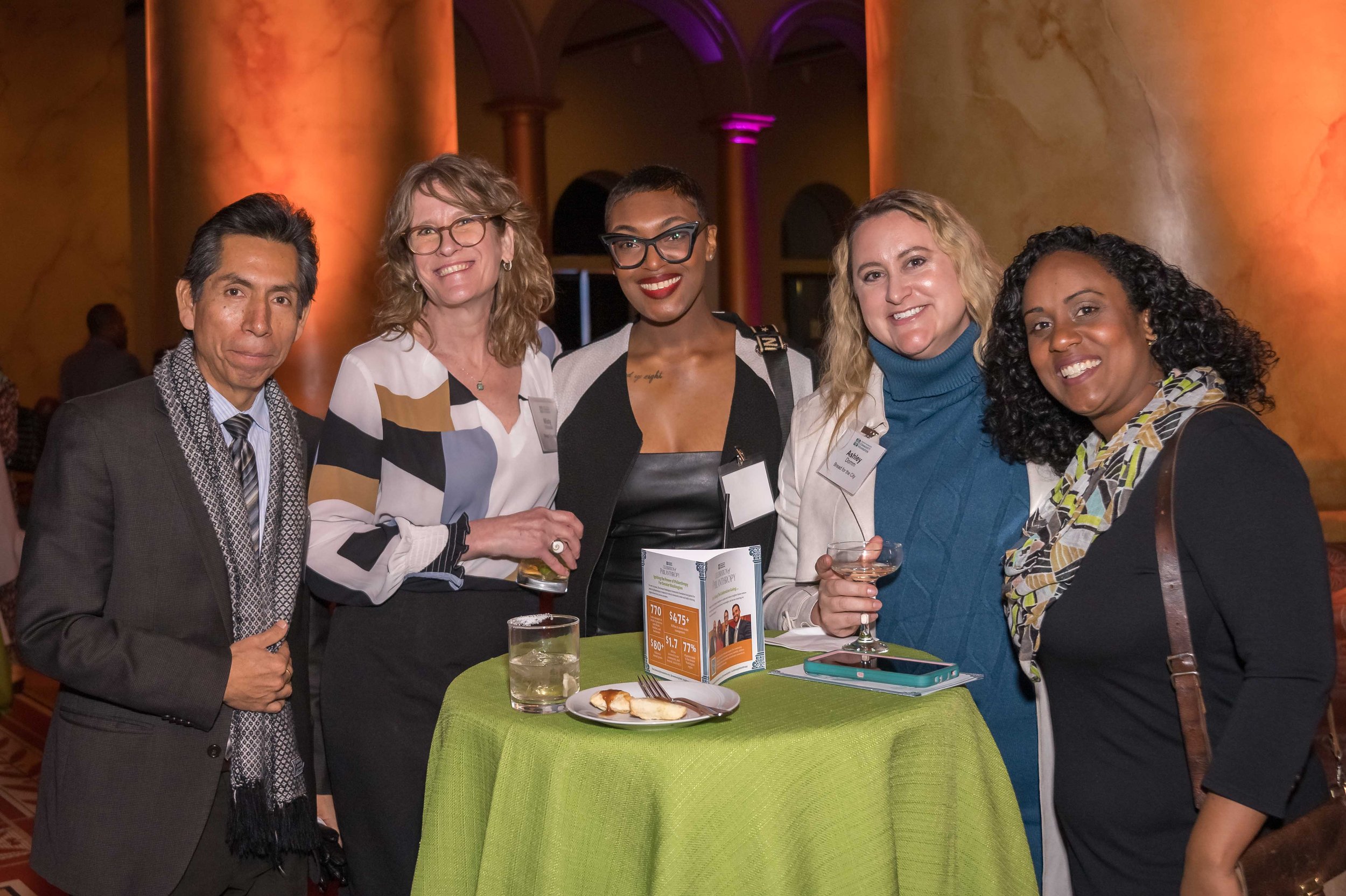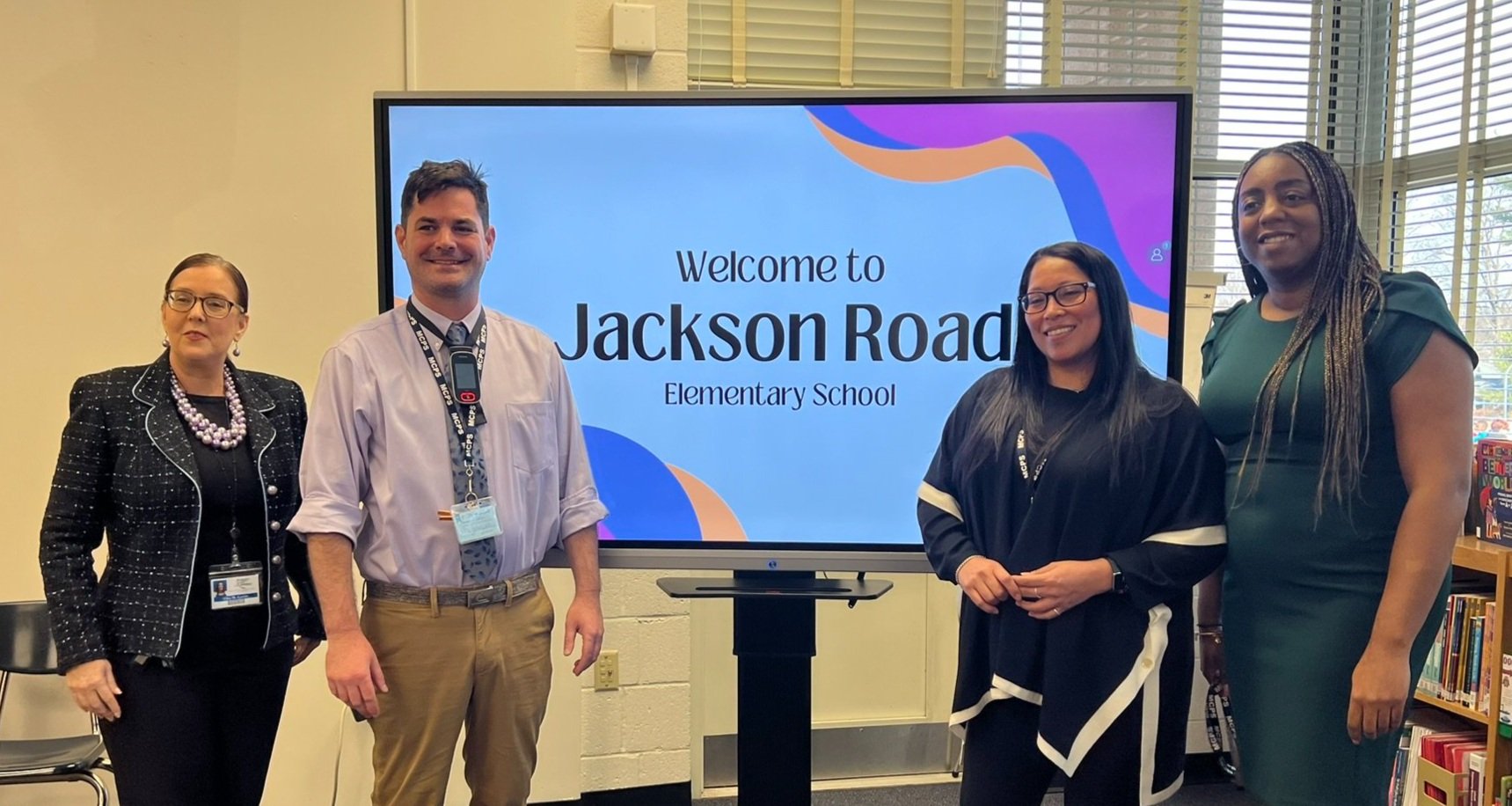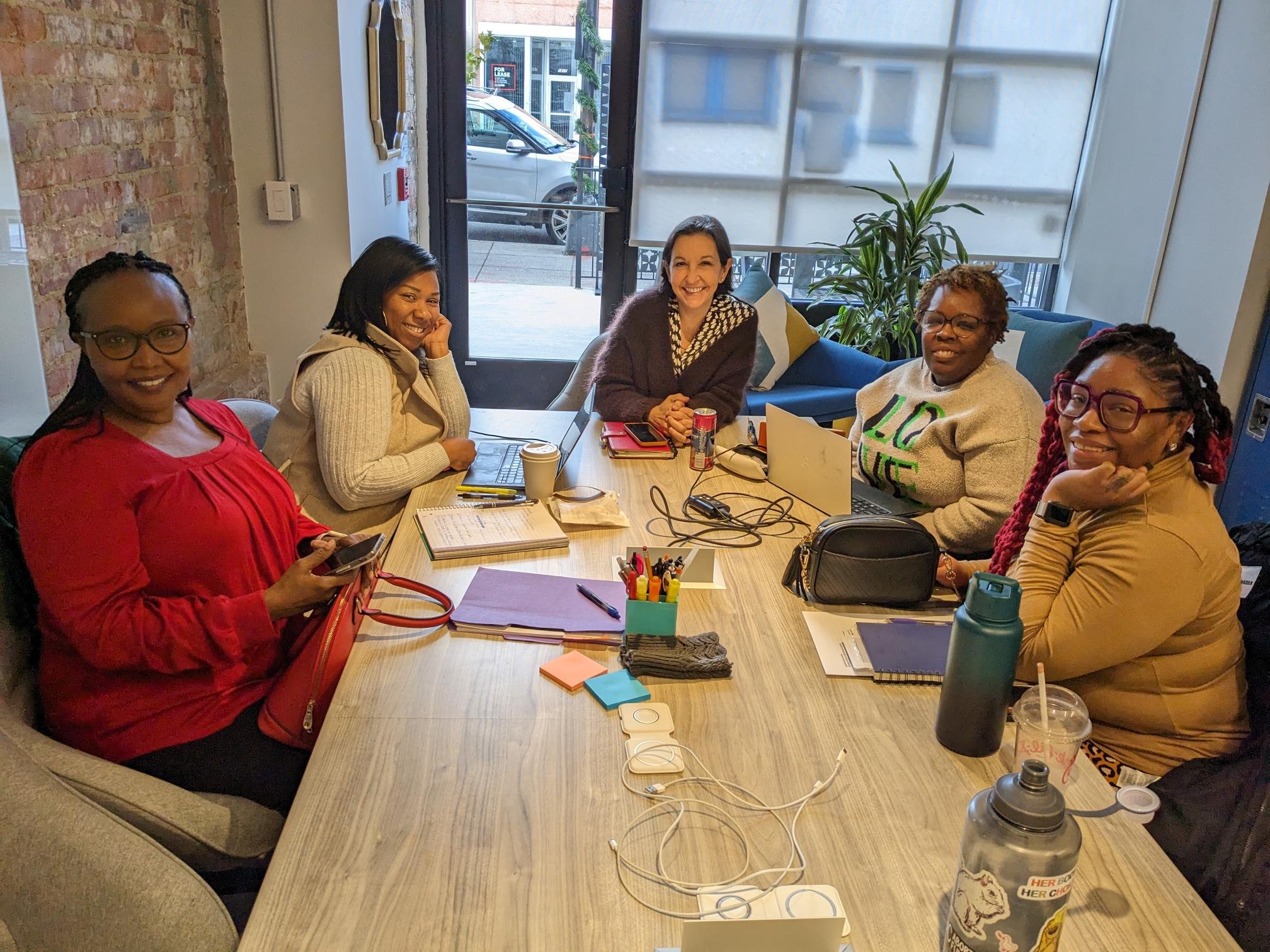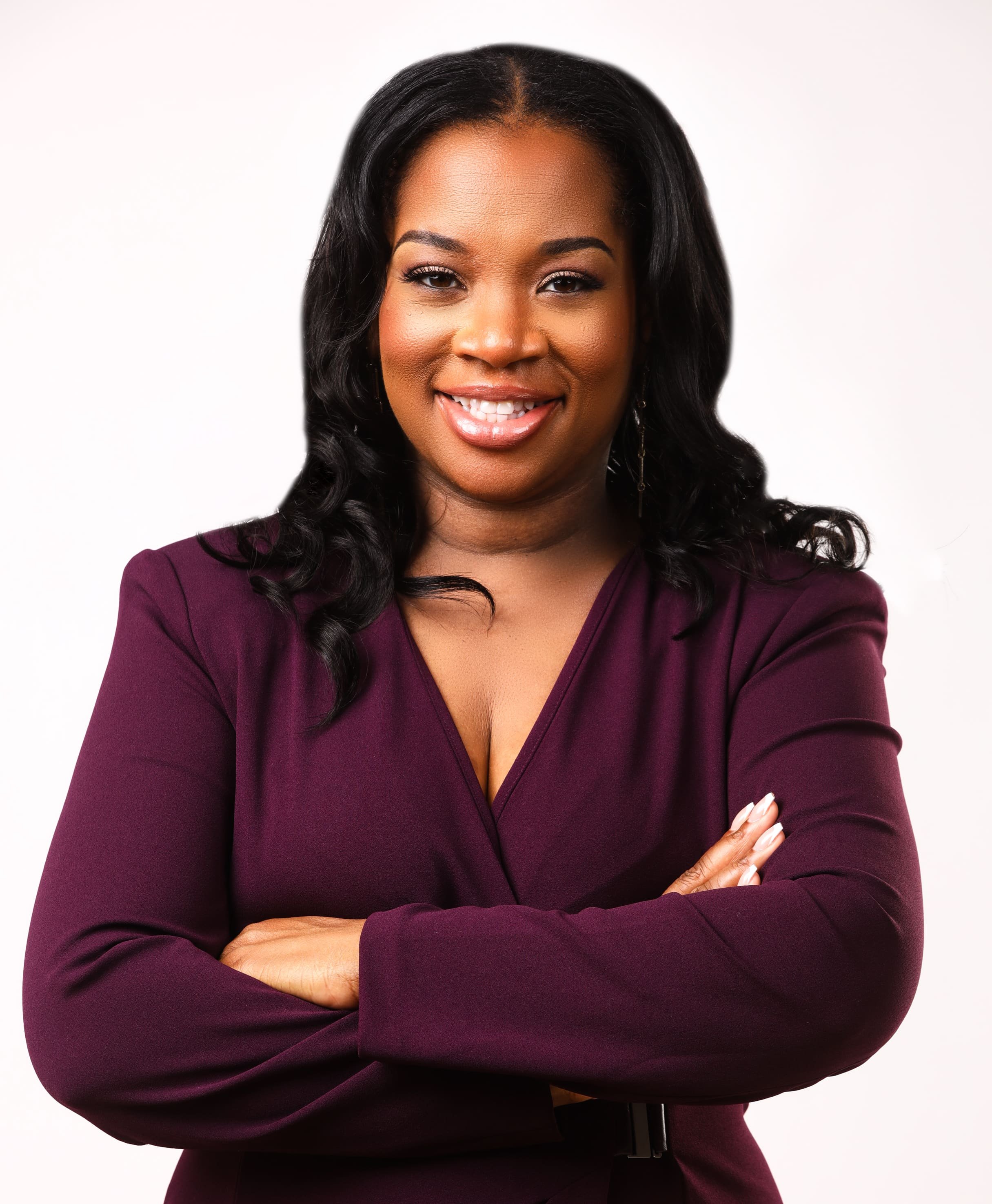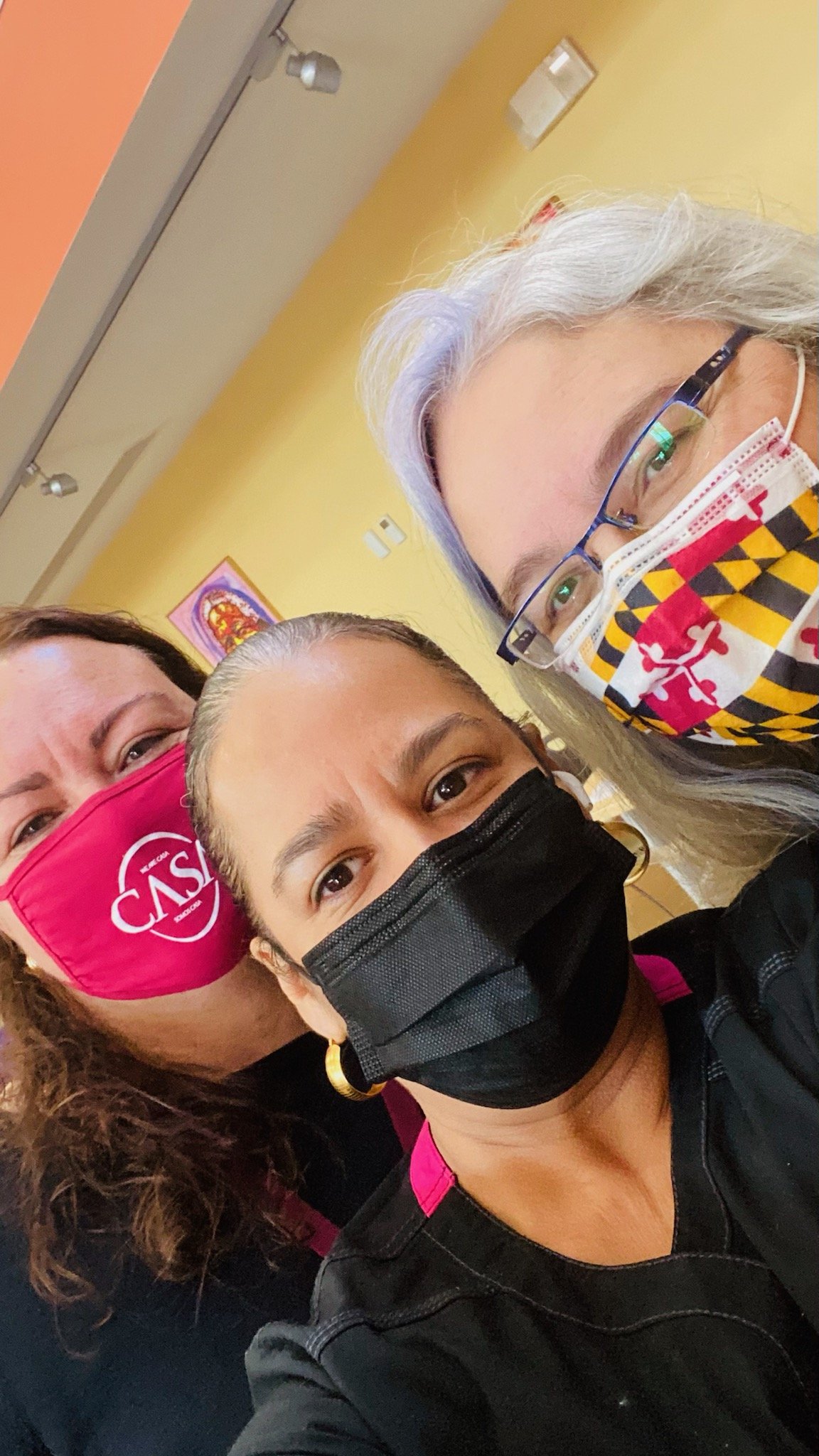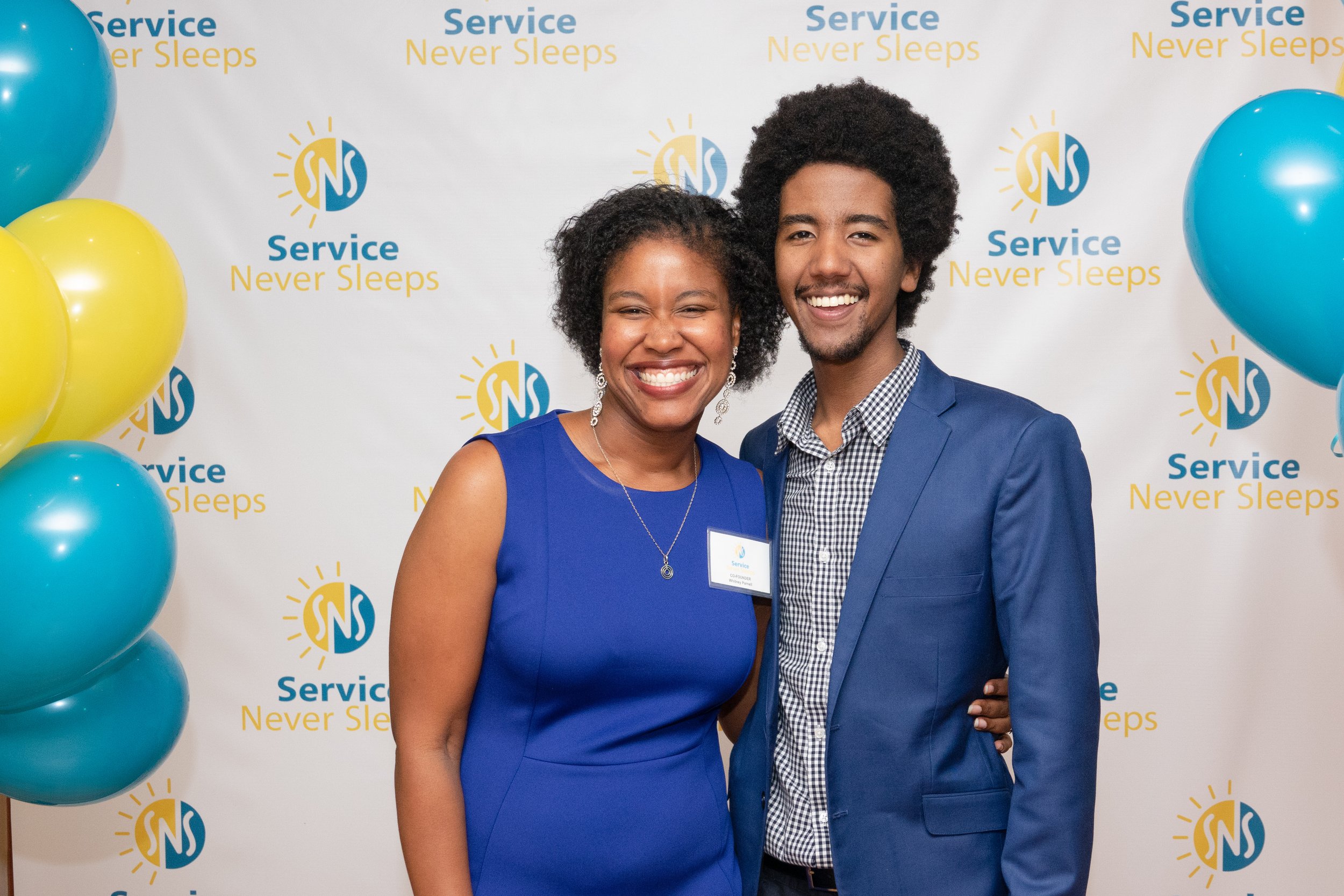Ana Morales has been a proud member of Sharing Montgomery for the past three years – including serving as Chair/Co-Chair of the committee for the past two years.
“I love learning about the needs in our county and admire the incredible efforts of so many people and organizations in our community who are dedicated to addressing them,” Morales shared of her experience.
For Morales, Sharing Montgomery’s work has also been a way to grow closer to a community she knows and loves. Born in Guatemala, she immigrated to the United States at the age of 9 and has called Montgomery County home for most of her life. She attended Montgomery County Public Schools and vividly recalls taking ESOL classes in elementary school at a time when the county’s immigrant community was growing rapidly.
Morales now serves as Senior Vice President and Director of Treasury Management at Founders Bank. She started her banking career in Embassy and International Banking but has predominantly focused on Commercial Banking within local community banks.
Morales says that while her career provided her with opportunities to participate in fundraisers and events for various nonprofits – including serving on the board of several influential nonprofit organizations -- Morales felt like she was not getting the complete picture.
“I think it’s easy for many of us to stay within our bubbles and not know what’s going on outside of the world that we live in,” Morales shared. “I’ve always wanted to learn about the county I’ve lived in for so long and better understand what some of the challenges are, so I can better support the people who are in support of those in need.”
Ana at an event for NAMI-Montgomery County, where she serves on the Board of Directors.
That’s when her friend Steve Hull, a long-time supporter and member of The Community Foundation Advisory Board in Montgomery County invited her to learn more about The Community Foundation and the Sharing Montgomery initiative.
The invitation came about a year after the outbreak of the COVID-19 pandemic – a critical time for nonprofits which continued to struggle to meet growing needs across our region.
“I was really impressed with The Community Foundation’s response and involvement during and following the COVID pandemic,” Morales shared. “It was inspiring to watch them build bridges between nonprofits and empower these organizations to mobilize and meet needs in the community – putting all the pieces together to build people up.”
Morales joined both the Montgomery County Advisory Board and Sharing Montgomery Grants Committee in 2021. She quickly gained an appreciation of The Community Foundation’s vision to close the racial wealth gap.
“As an immigrant working in the banking industry, I really connect to the importance of promoting economic mobility,” Morales shared. “Through The Community Foundation and the Sharing Montgomery initiative, I’ve been able to see how my contributions can play a role in that.”
On one occasion, Morales recalls being introduced to a nonprofit partner which works to help Latino and immigrant students in Mongomery County maximize their potential.
“The more I heard about the work they do and attended their events through Sharing, the more I could see my experience mirrored in the kids they serve,” Morales shared. “I know what it’s like to be a young person in a foreign place and all the challenges that come with it. Seeing them helped me realize that I could do more for my community.”
Morales went on to join the board of directors of that Sharing Montgomery grantee organization, while continuing her leadership work of inspiring more people to give and join in the Sharing Montgomery learning journey.
Ana with team members from The Community Foundation in Montgomery County after announcing the Sharing Montgomery 2023 cohort of nonprofit partners.
“Sharing Montgomery is a place where you can see all of the various needs that there are in a county that many consider to be very affluent,” Morales shared. “I love that Sharing Montgomery is a platform for us to have a candid look at our county’s needs and challenges in an organized, methodical, and analytical way while focusing on the mission of empowering local nonprofits to do more.”
In addition to her board involvement, Morales says that being a part of Sharing Montgomery has inspired her to be more intentional in her personal philanthropy of giving back to her community, making it a bigger part of her long-term plans and life-goals.
“No matter what touches your heart, The Community Foundation will guide you to find not only the right causes and organizations to support, but also the right ways that you can support them and make a difference in your community.”
Want to get involved? The Sharing Montgomery Fund Committee welcomes new members. Contact Olivia Hsu (ohsu@thecommunityfoundation.org) to find out more about how you can be a part of this impactful fund!

